Brighten Tired Eyes with Non-Surgical Eyelid Rejuvenation
London Dermatology | 30 June 2025 The skin around the eyes is one of the first areas to show signs of ageing. Fine lines, drooping lids, under-eye bags, and creases can give the…
Read more
London Dermatology | 30 June 2025 The skin around the eyes is one of the first areas to show signs of ageing. Fine lines, drooping lids, under-eye bags, and creases can give the…
Read moreLondon Dermatology | 26 June 2025 Hair loss can be a frustrating and emotional experience, particularly when it feels like nothing is working. If you have already tried treatments like finasteride and are…
Read moreLondon Dermatology | 23 June 2025 Lymphatic drainage massage has become increasingly popular in recent years, especially among those looking to reduce bloating and promote a slimmer silhouette. However, its benefits go well…
Read moreLondon Dermatology | 20 June 2025 Bruxism is the medical term for involuntary teeth grinding, often occurring during sleep. It affects around 20 percent of people and, over time, can cause a wide…
Read moreLondon Dermatology | 17 June 2025 Nail psoriasis is a condition that affects the fingernails and toenails, often causing changes in appearance and texture. These changes can include discolouration, thickening, and nail separation….
Read moreLondon Dermatology | 15 June 2025 Eczema, also known as atopic dermatitis, is a common yet often misunderstood skin condition. Its symptoms can vary widely from person to person, which can make it…
Read moreLondon Dermatology | 11 June 2025 If you are looking for a smoother, clearer, and more radiant complexion, a chemical peel may be the perfect place to start. At Devonshire Dermatology, we offer…
Read moreLondon Dermatology | 8 June 2025 Solar lentigo is a harmless dark spot that appears on the skin due to long-term exposure to ultraviolet (UV) light. This type of pigmentation occurs when melanocytes,…
Read moreLondon Dermatology | 5 June 2025 Thread lifting is a non-surgical treatment designed to firm and revitalise the skin using a network of fine threads inserted just beneath the surface. This procedure encourages…
Read moreLondon Dermatology | 2 June 2025 Polynucleotides are a groundbreaking development in skin rejuvenation, offering a highly effective way to achieve smoother, healthier, and more youthful skin. Often referred to on social media…
Read moreLondon Dermatology | 31 May 2025 Vitiligo, also known as leukodermia, is a condition that causes areas of the skin to lose their natural colour. These patches appear lighter than the surrounding skin…
Read moreLondon Dermatology | 26 May 2025 At Devonshire Dermatology, we offer Intense Pulsed Light (IPL) therapy as a safe, non-invasive way to refresh and rejuvenate the skin. Using controlled pulses of light and…
Read moreLondon Dermatology | 23 May 2025 As we age, many of us begin to notice brown or dark spots appearing on the skin, especially on the face, hands, and temples. These are commonly…
Read moreLondon Dermatology | 20 May 2025 At Devonshire Dermatology, we understand that early detection is vital when it comes to protecting your skin. Mole mapping is a powerful tool for monitoring changes over…
Read moreLondon Dermatology | 17 May 2025 Skin cancer includes malignant melanoma. Melanocytes, the skin’s pigment-producing cells, are the source of this skin cancer. Melanomas always develop on skin that has been sunburnt. Pre-existing…
Read moreLondon Dermatology | 15 May 2025 Hair, nails and the rest of the skin grow at a certain rate. This is your natural repair rate. Your sun accumulation rate depends on the strength…
Read moreLondon Dermatology | 11 May 2025 Our skin is an incredible storyteller, and like any family history, it carries traits passed down through generations. Two of the most important inherited skin traits are…
Read moreLondon Dermatology | 8 May 2025 Devonshire Dermatology are delighted to get featured in the Editor’s Letter no less in the June issue of @bazaaruk! @lydiasmag A full body skin check to…
Read moreLondon Dermatology | 5 May 2025 “You don’t always have to opt for injectables to achieve youthful-looking skin.” Celia Walden via Country & Townhouse In her latest feature, Celia Walden explores the…
Read moreRowland Payne Syndrome | 2 May 2025 In the landscape of rare neurological syndromes, Rowland Payne Syndrome (RPS) stands out as a triad of clinical signs that often point to a more serious…
Read moreRowland Payne Syndrome | 28 April 2025 Rowland Payne Syndrome (RPS) is a rare but clinically significant neurological syndrome first described in 1981 by Dr. Rowland Payne. It presents with a distinct triad…
Read moreLondon Dermatology | 28 April 2025 At Devonshire Dermatology, we are proud to offer advanced lymphatic massage therapies designed to support skin health, boost healing, and enhance overall wellbeing. The lymphatic system plays…
Read moreLondon Dermatology | 23 April 2025 At Devonshire Dermatology, we emphasise the critical role of skin cancer screening in maintaining lifelong skin health. Skin cancer — which includes squamous cell carcinoma, basal cell…
Read moreLondon Dermatology | 16 April 2025 At Devonshire Dermatology, we believe that awareness and urgent action are key to saving lives when it comes to Malignant Melanoma — one of the most serious…
Read moreLondon Dermatology | 13 April 2025 At Devonshire Dermatology, we prioritise early diagnosis and prompt treatment of skin cancers, particularly Squamous Cell Carcinoma (SCC) — a common but sometimes aggressive form of skin…
Read moreLondon Dermatology | 11 April 2025 At Devonshire Dermatology, we are dedicated to offering advanced, evidence-based treatments that rejuvenate your skin naturally. One such innovation is Poly-Lactic Acid (PLA) – a remarkable biostimulator…
Read moreLondon Dermatology | 10 April 2025 At Devonshire Dermatology, we offer expert mole removal options designed to improve both your appearance and your health. Have unsightly moles removed and check they’re not dangerous…
Read moreLondon Dermatology | 9 April 2025 At Devonshire Dermatology, we believe that education and early detection are key to protecting your skin health. Basal cell carcinoma (BCC) is the most common type of…
Read moreLondon Dermatology | 6 April 2025 At Devonshire Dermatology, we are proud to offer AquaPure, one of the most advanced non-invasive skin rejuvenation treatments available today. Designed to deeply cleanse, hydrate, and revitalise…
Read moreLondon Dermatology | 3 April 2025 At Devonshire Dermatology, we believe that vigilance is the key to skin health. Mole mapping provides early cancer detection by carefully monitoring your skin for any changes…
Read moreLondon Dermatology | 1 April 2025 At Devonshire Dermatology, we believe that skin quality is the visiting card of Devonshire Dermatology. Healthy skin is the foundation upon which true aesthetic refinement is built….
Read more
London Dermatology | 22 March 2025 Using the ideal mix of techniques and pressure, a manual lymphatic drainage massage can help your body detox. Reducses fluid retention All people can experience fluid retention….
Read more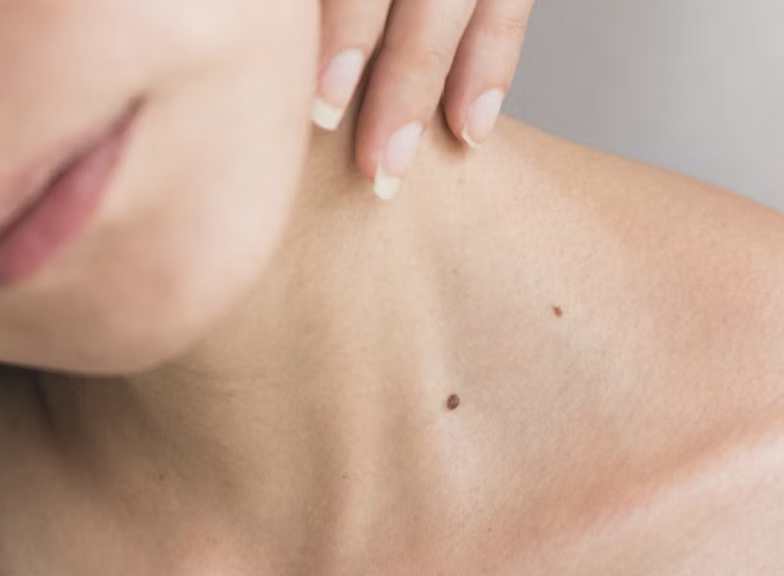
London Dermatology | 19 March 2025 The most prevalent type of cancer, skin cancer, which includes melanoma, basal cell cancer, and squamous cell cancer, is becoming more frequent. In actuality, one in five…
Read more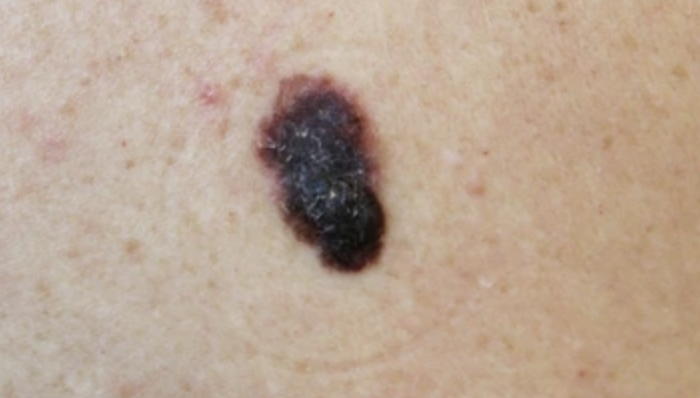
London Dermatology | 16 March 2025 Skin cancer includes malignant melanoma. Melanocytes, the skin’s pigment-producing cells, are the source of this skin cancer. Melanomas always develop on skin that has been sunburnt. Pre-existing…
Read more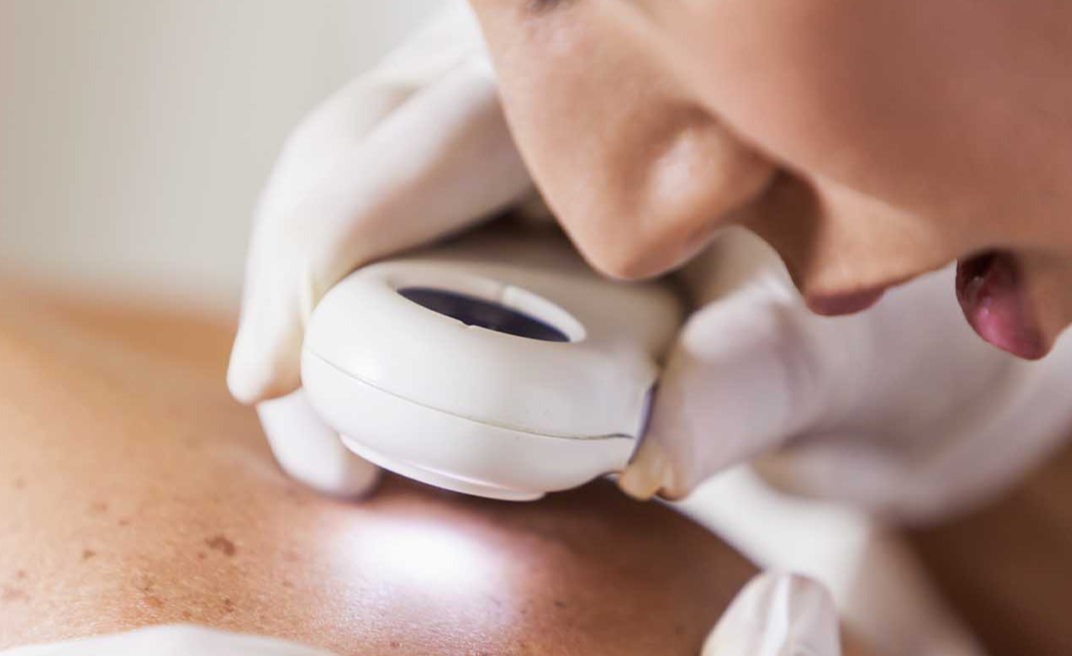
SQUAMOUS CELL CARCINOMA London Dermatology | 13 March 2025 In the UK, squamous cell carcinoma (SCC) makes up 23% of non-melanoma skin cancers (NMSC), making it the second most prevalent type of skin…
Read more
London Dermatology | 11 March 2025 Age-related symptoms including wrinkles and a lack of facial volume can make many people feel self-conscious. Even if there are many cosmetic treatments available, it’s crucial to…
Read more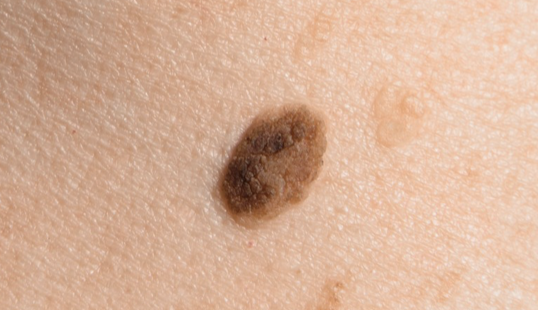
London Dermatology | 10 March 2025 The following alternatives are available, depending on the type of mole being removed: Cryotherapy / Freezing Liquid nitrogen is commonly used to freeze skin lesions, such as…
Read more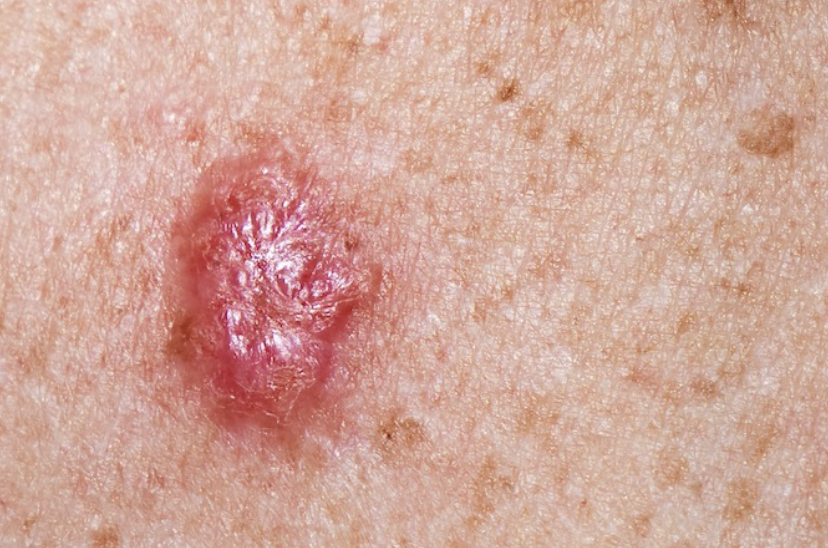
London Dermatology | 9 March 2025 The tiny, spherical cells in the epidermis, the outermost layer of skin, are where basal cell carcinoma (BCC), the most prevalent kind of skin cancer, develops. Areas…
Read more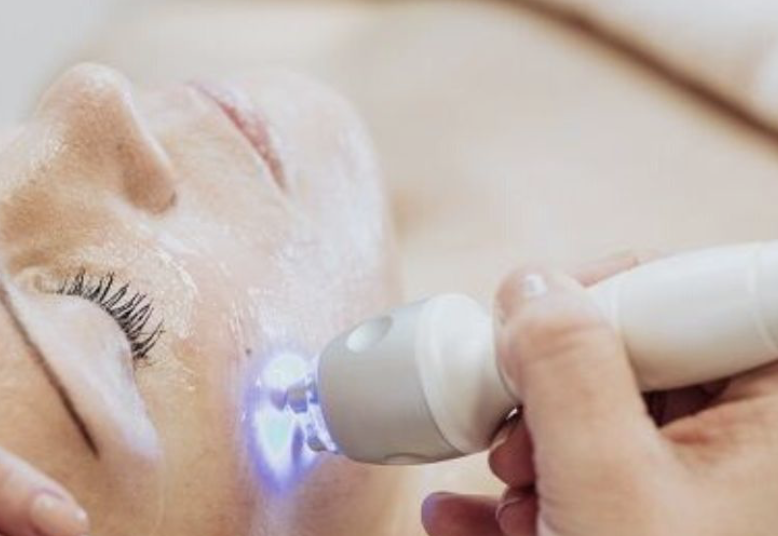
London Dermatology | 6 March 2025 With its many features that enable it to address a wide range of patient demands, the AquaPure has been engineered for customisation. The various features can be…
Read more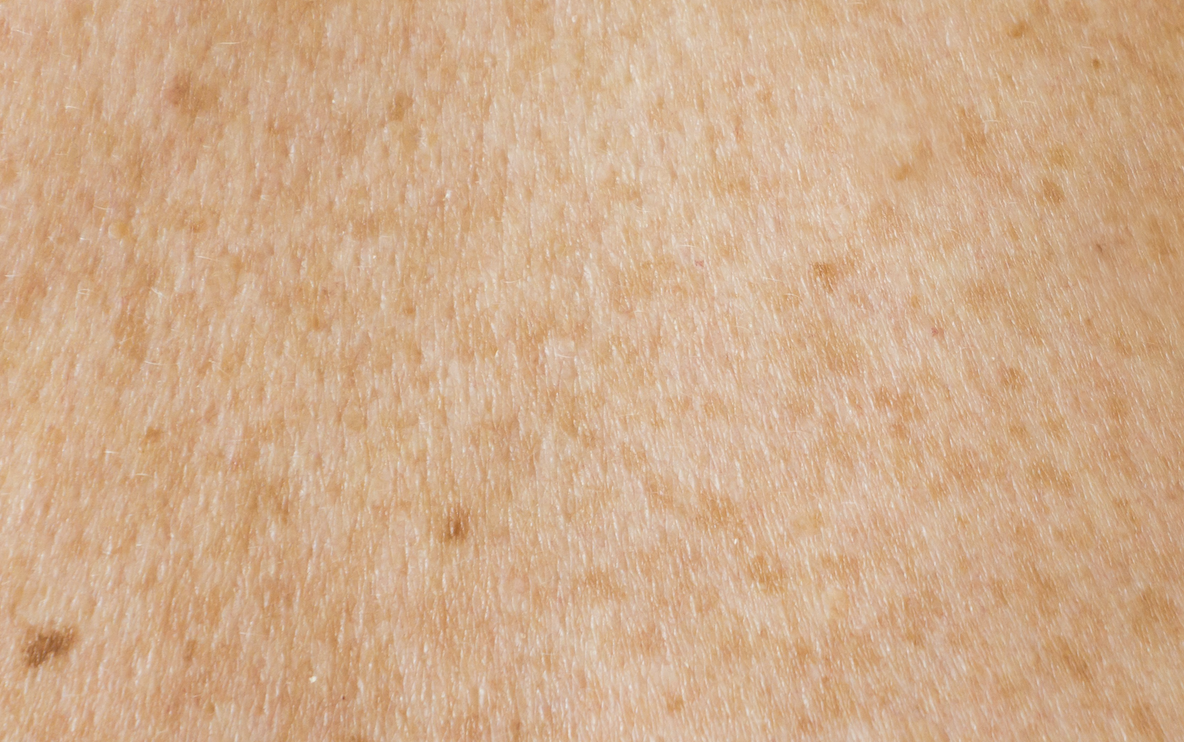
London Dermatology | 3 March 2025 Dermatologists frequently call moles “pigmented lesions,” which are growths or patches on the skin brought on by certain skin cells known as melanocytes. The pigment that gives…
Read more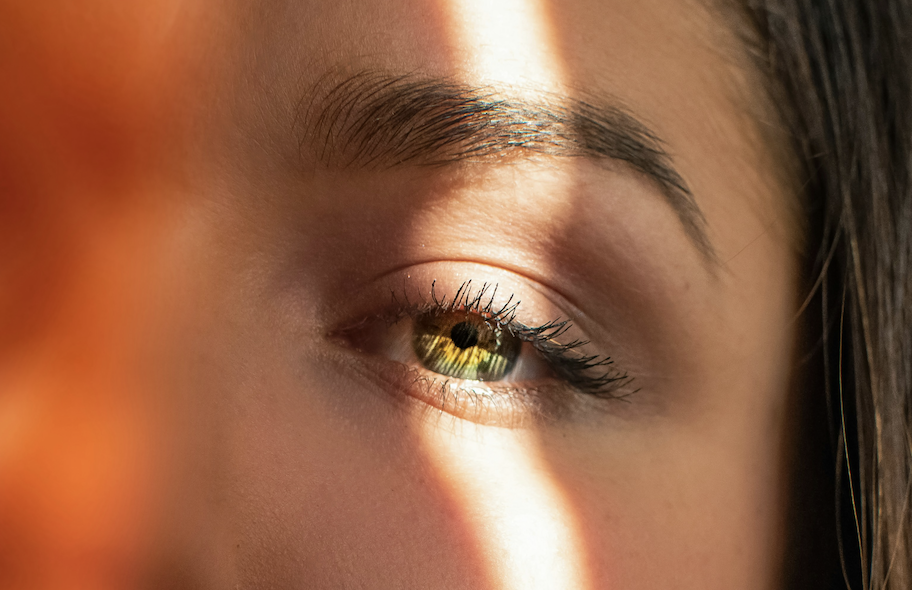
London Dermatology | 1 March 2025 Aesthetic medicine is a medical specialty and it should be practiced the same way as we do practice medicine. So first of all, everything starts with consultation….
Read more
London Dermatology | 27 February 2025 Darwinian Aesthetics with Karl Grammer and advanced aesthetic medicine short papers with Welcome and introduction by Dr Christopher Rowland Payne. Thursday 27 Feb 2025 from 6:00pm to…
Read more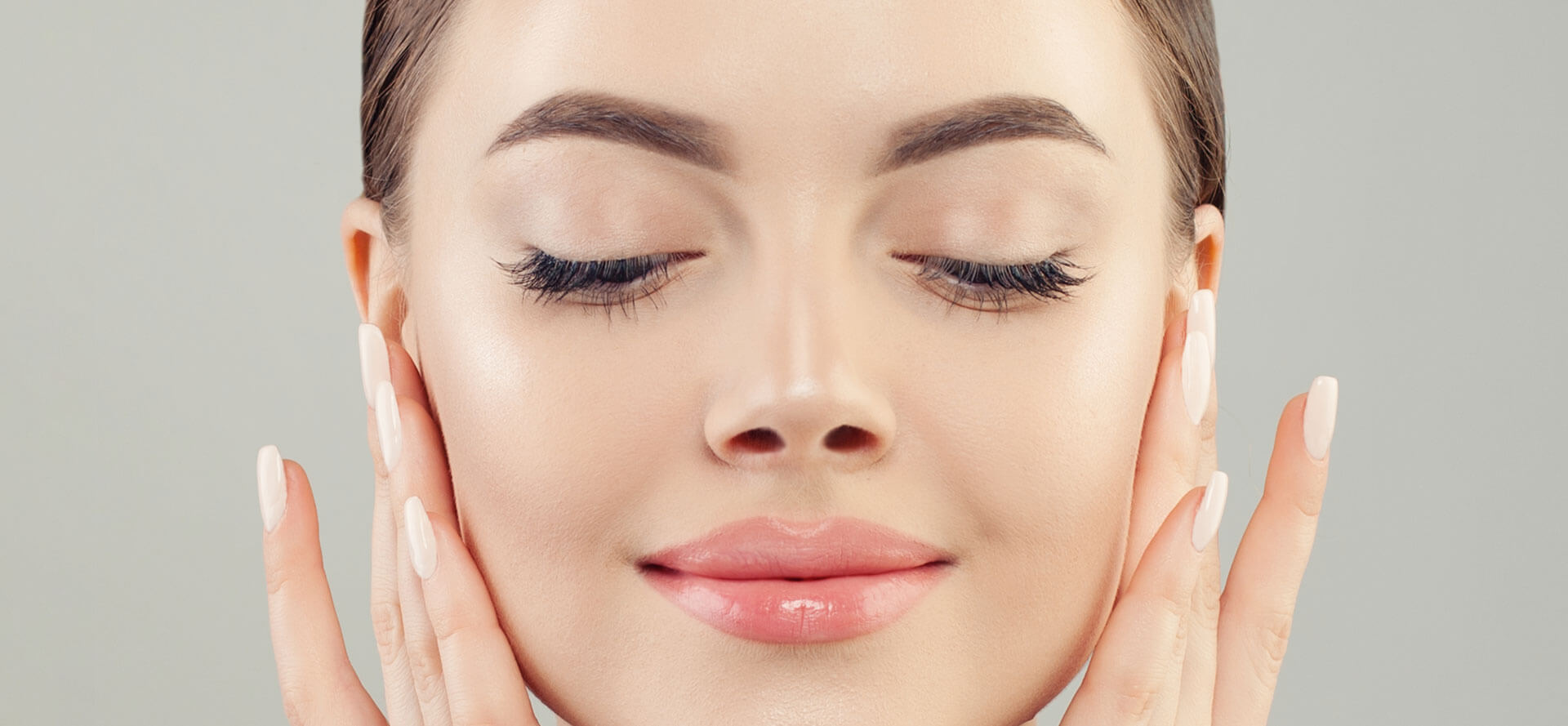
London Dermatology | 25 February 2025 The window to your body that tells the tales of your life is your skin. From teenage acne to the glowing glow of pregnancy and the sunspots…
Read more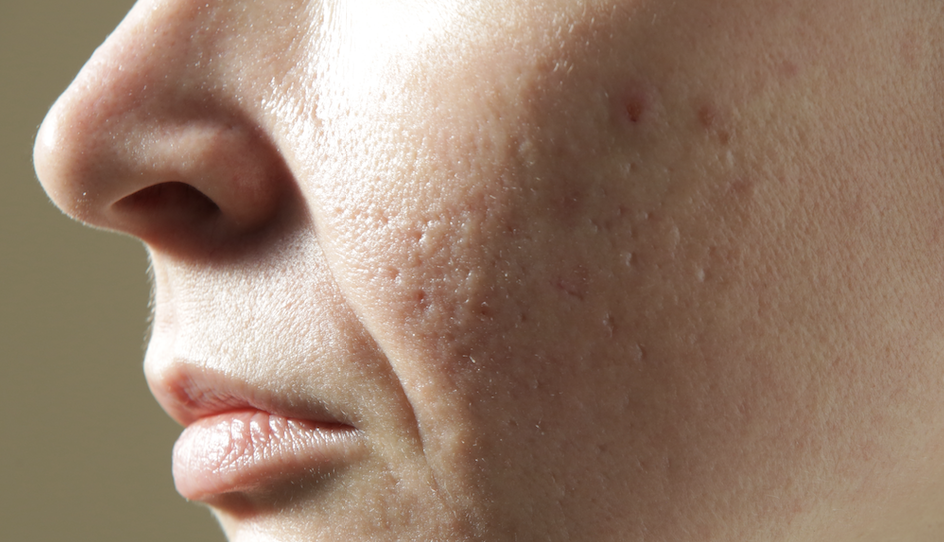
London Dermatology | 23 February 2025 Acne scars and hyperpigmentation are two consequences of acne that can make the emotionally upsetting condition even worse. You’re not the only one who has acne scars….
Read more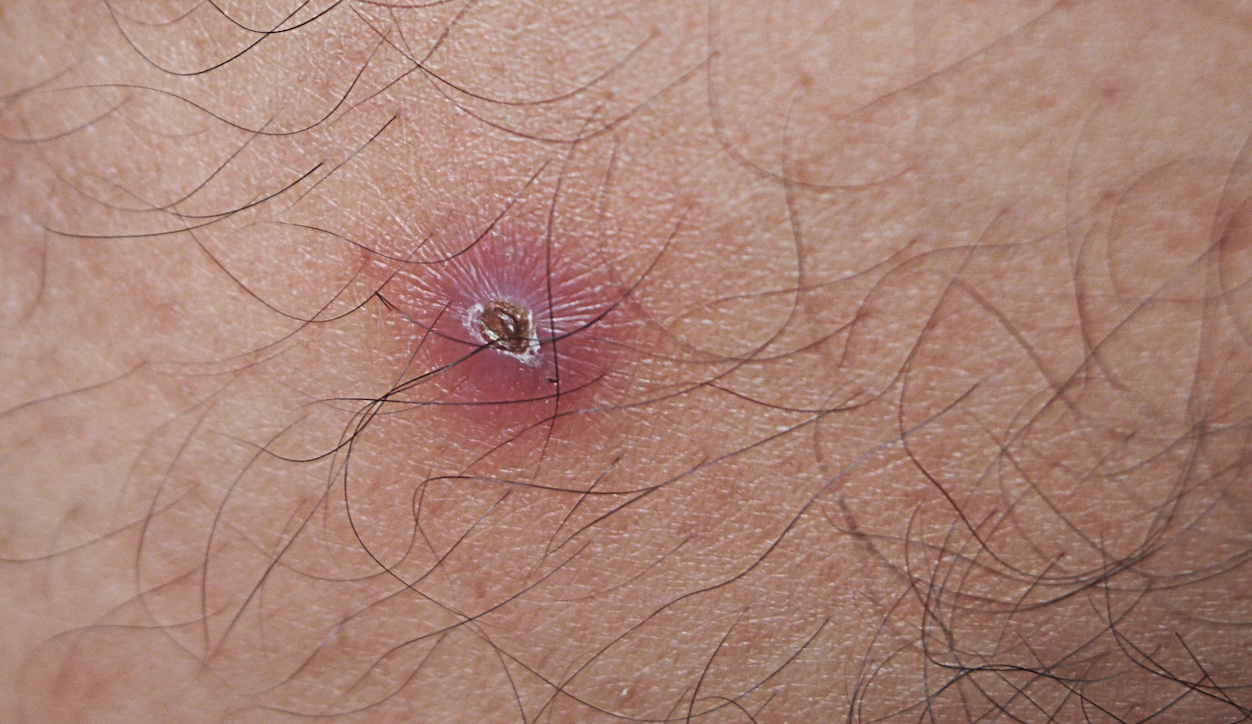
London Dermatology | 22 February 2025 One kind of skin cancer is called a basal cell carcinoma (BCC). Melanoma and non-melanoma skin cancer are the two primary types of skin cancer. Globally, BCC…
Read more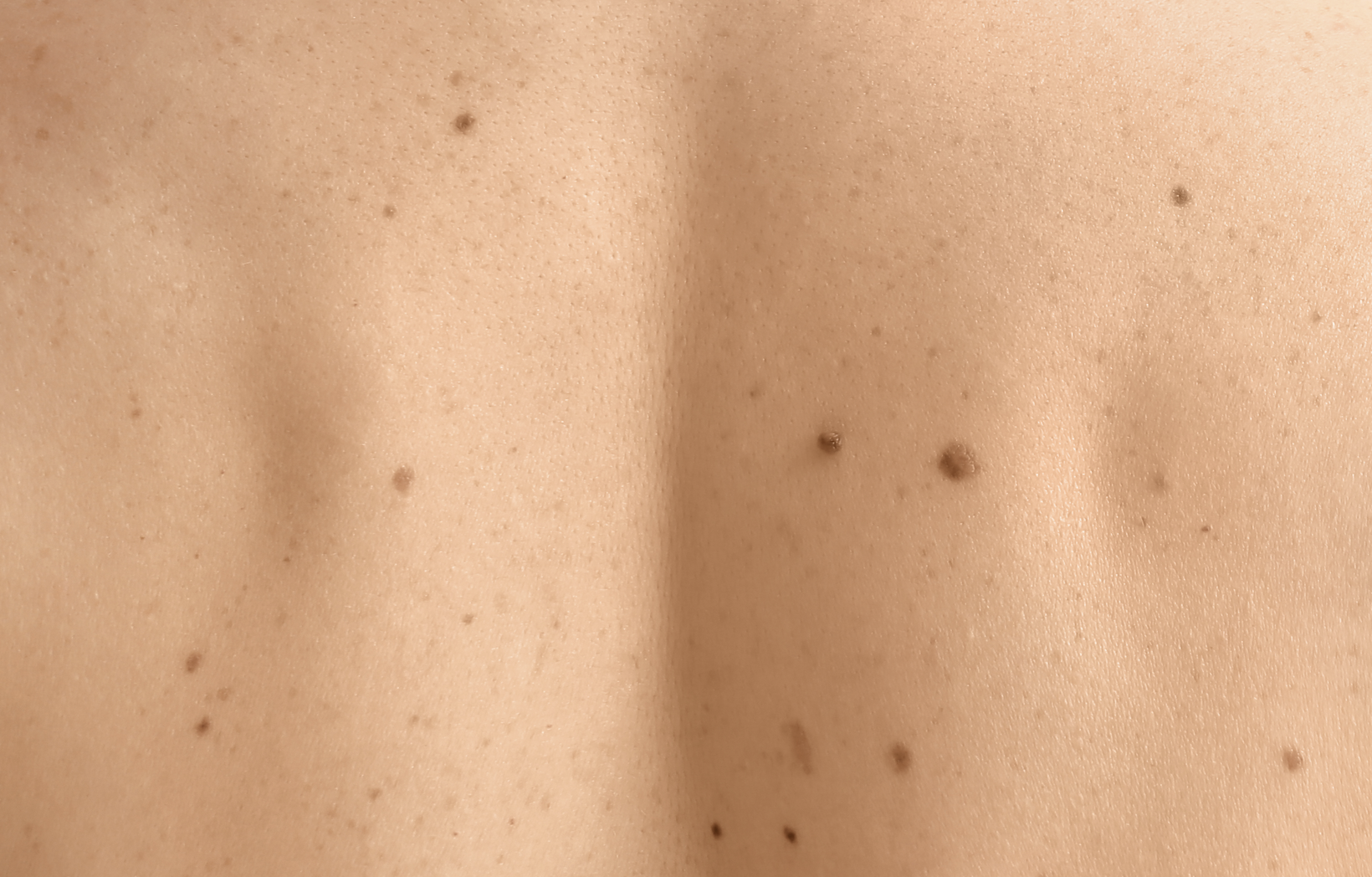
London Dermatology | 21 February 2025 Even for experts, melanoma identification can occasionally be difficult. Monthly skin self-examinations and yearly full-body skin checks with a medical professional are two strategies for the early…
Read more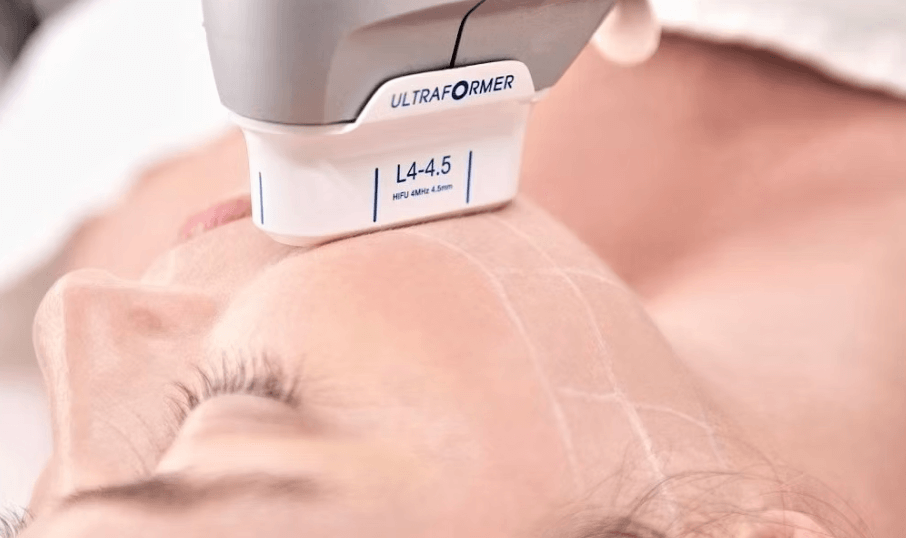
London Dermatology | 15 February 2025 Looked at in a three-quarter view, a half face can be divided into three parts of equal width by the drawing of two parallel vertical lines. The…
Read more
London Dermatology | 10 February 2025 Skin Cancer & Sun Addiction Is it possible to have too much or too little of the sun? Sun can be both good and bad. Sun exposure…
Read more
London Dermatology | 5 February 2025 People seeking cosmetic surgery need mental health checks, says Royal Society’s plastic surgeon Dr Christopher Rowland-Payne suggests some patients could be ‘better treated by psychological methods.’ Read…
Read more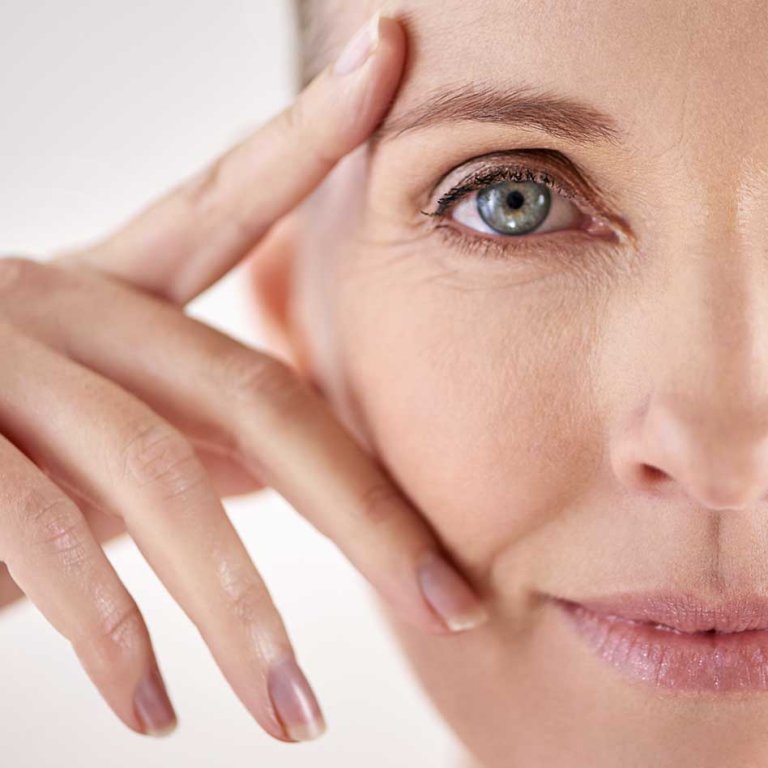
London Dermatology | 5 February 2025 Innovative substances called polynucleotides are transforming the way we think about skin renewal. They provide a powerful means to get glowing, youthful skin and are quickly rising…
Read moreRowland Payne Syndrome | 1 February 2025 Rowland Payne Syndrome (RPS) is a rare but clinically significant neurological syndrome that presents as a distinct triad of nerve dysfunction. Though uncommon, its recognition is…
Read more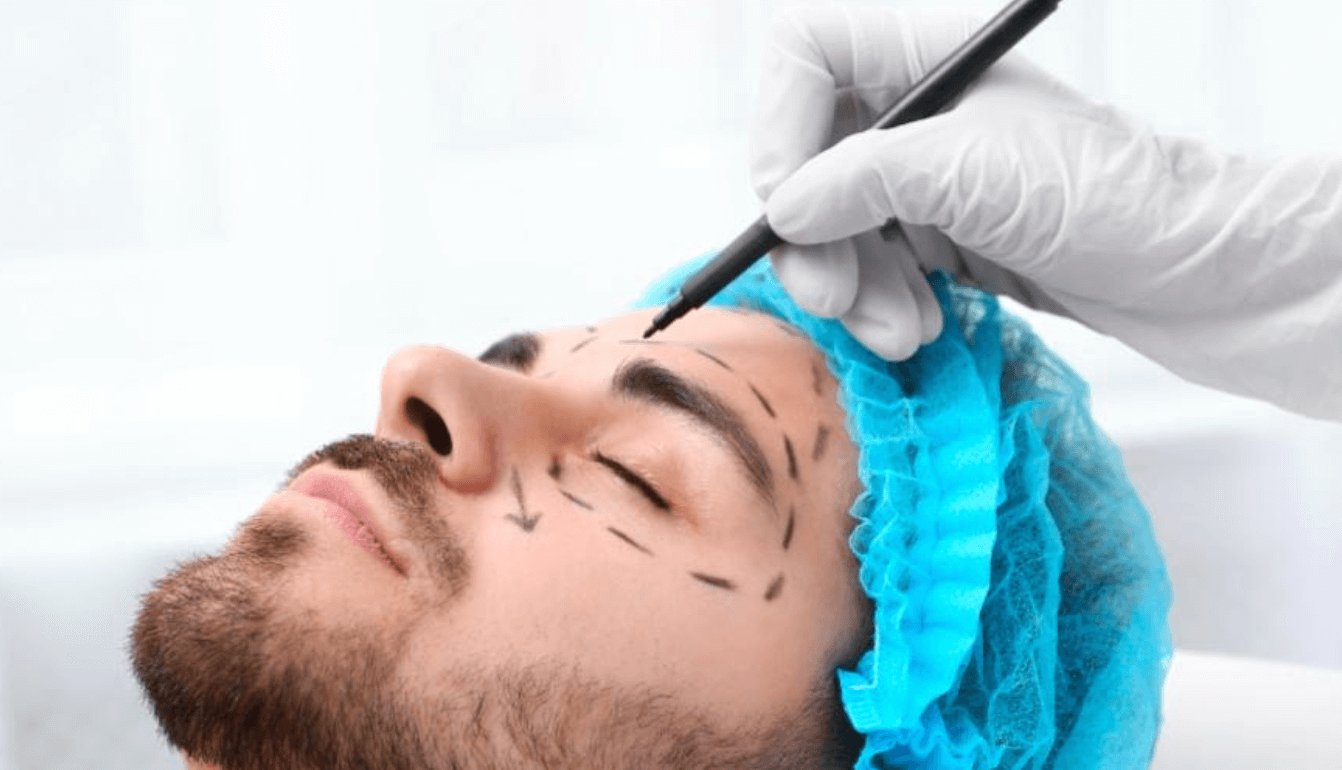
London Dermatology | 1 February 2025 Darwinian Aesthetics with Karl Grammer and advanced aesthetic medicine short papers Thursday 27 Feb 2025 from 6:00pm to 8:15pm | Royal Society of Medicine Gain critical knowledge…
Read more
London Dermatology | 31 January 2025 Radiesse is a unique facial filler comprised of calcium hydroxylapatite microspheres that plumps skin, reduces the appearance of wrinkles, and stimulates natural collagen production for longer-lasting results….
Read more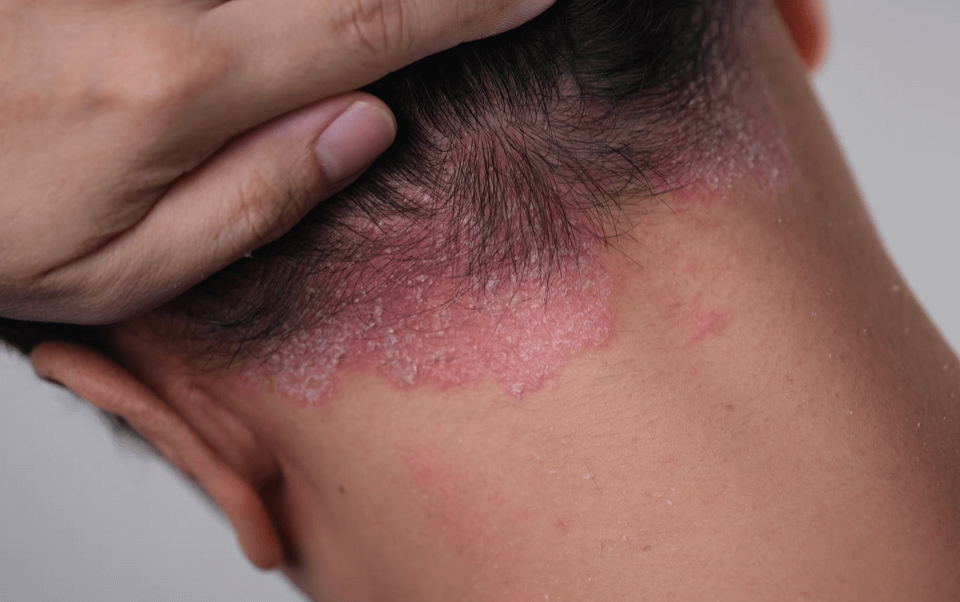
London Dermatology | 28 January 2025 Psoriasis is one of the more misunderstood skin disorders today. It’s a condition where your skin cell’s life cycle changes so that they regenerate much more rapidly….
Read more
London Dermatology | 26 January 2025 Hyperpigmentation refers to the patches of skin that become darker than surrounding areas of skin. While it is not necessarily a serious condition, many people want to…
Read more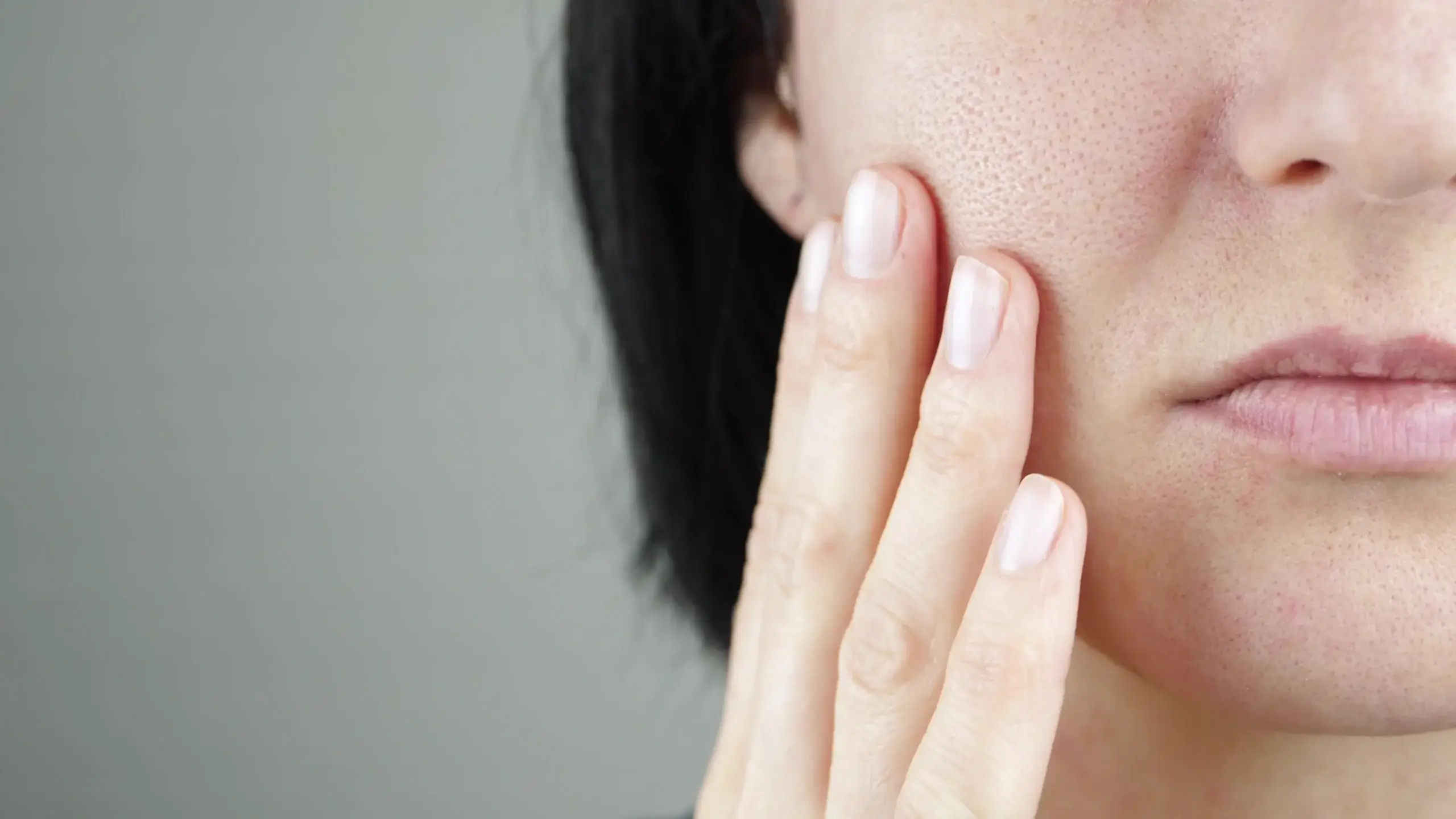
London Dermatology | 25 January 2025 Do you ever feel like your skin is constantly dry, irritated, or just not looking its best? You might be dealing with a damaged skin barrier. Think…
Read more
London Dermatology | 25 January 2025 Sculptra is a dermal filler that can be injected to restore volume and improve the appearance of the skin. It’s a safe and effective treatment that can…
Read more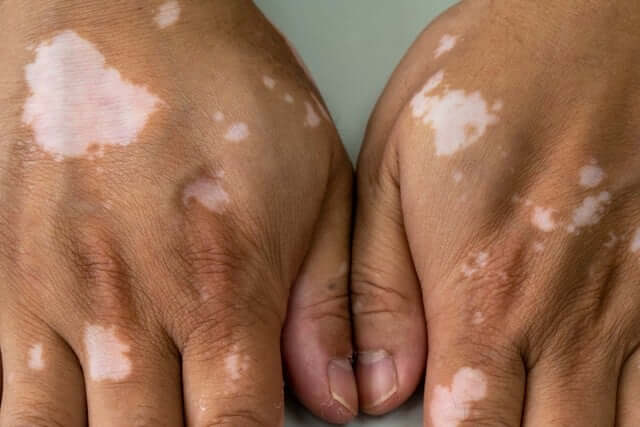
London Dermatology | 22 January 2025 Vitiligo, or leukodermia, is a condition in which the skin loses its colour or pigmentation, leaving patches that appear lighter. This condition may also affect colour of…
Read more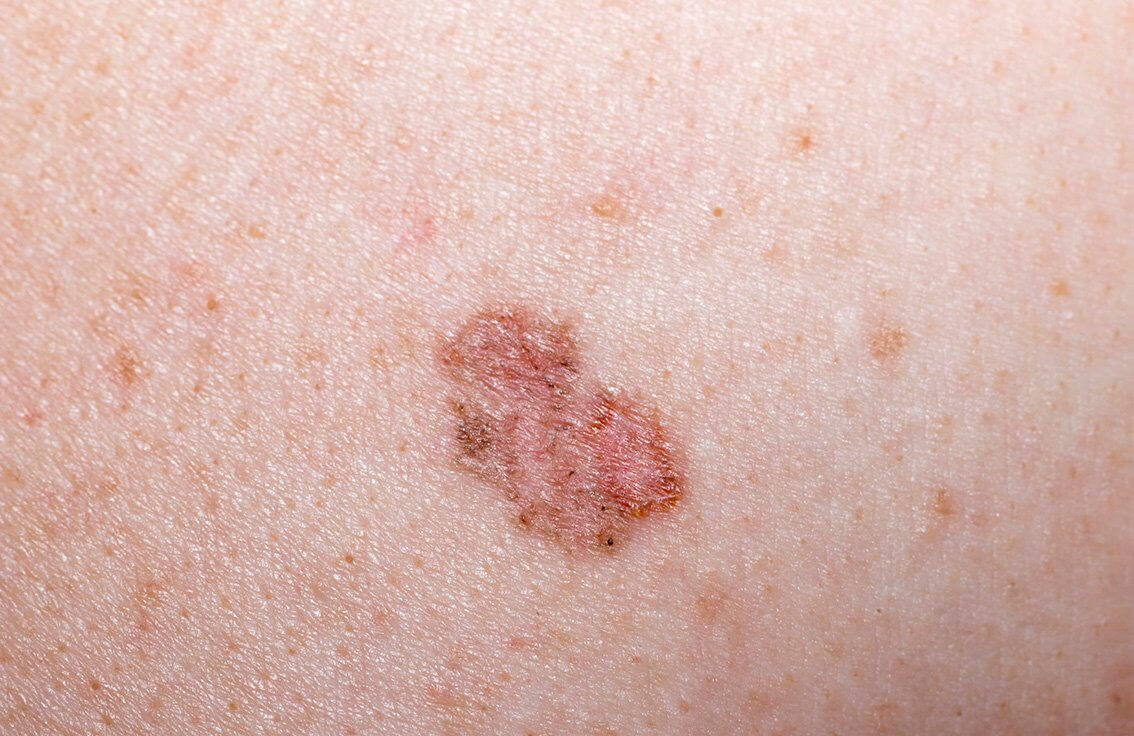
London Dermatology | 15 January 2025 Skin cancer is a type of cancer that starts in the cells of the skin. Skin cancer most often develops on skin exposed to the sun’s ultraviolet…
Read more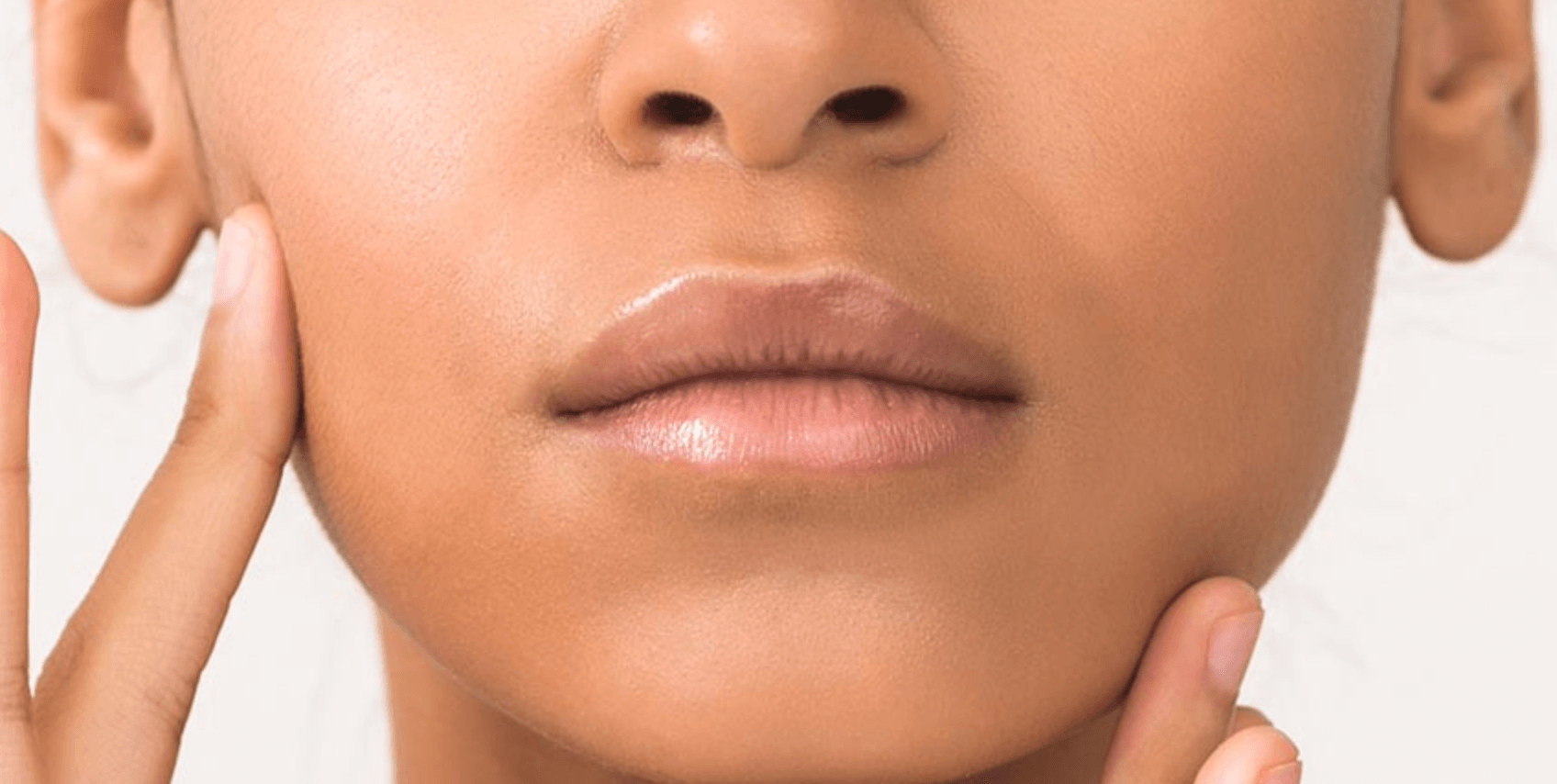
London Dermatology | 11 January 2025 Calcium hydroxylapatite (CaHA) is a non-surgical treatment used to treat wrinkles and facial volume loss. It’s also known by the brand name Radiesse. For people who are…
Read more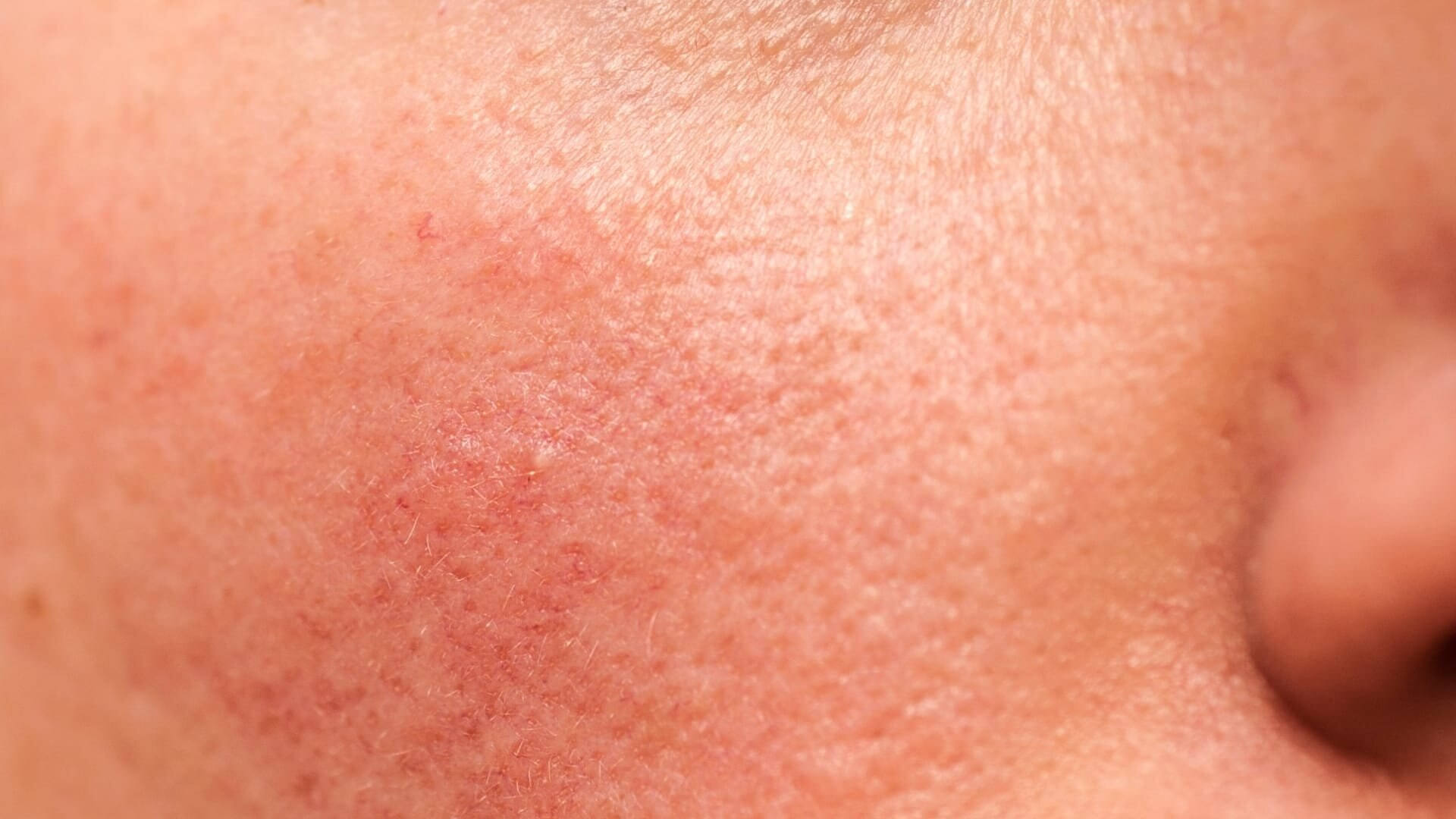
London Dermatology | 6 January 2025 Rosacea is a chronic skin condition that often goes undiagnosed because its symptoms – which include persistent facial redness, flushing, and blemishes – can be confused with…
Read moreRowland Payne Syndrome | 1 January 2025 Rowland Payne Syndrome (RPS) is an elusive yet clinically significant condition that can easily be mistaken for motor neuron disease (MND), especially amyotrophic lateral sclerosis (ALS)….
Read more
London Dermatology | 1 January 2025 Are you looking for a way to achieve radiant, youthful skin? Skin Boosters, a skincare treatment designed to rejuvenate and hydrate your skin from within. These advanced…
Read more
London Dermatology | 30 December 2024 Within the medical sciences, aesthetic medicine is a relatively new subject that is developing quickly. We witness a new treatment for a variety of aesthetic issues every…
Read more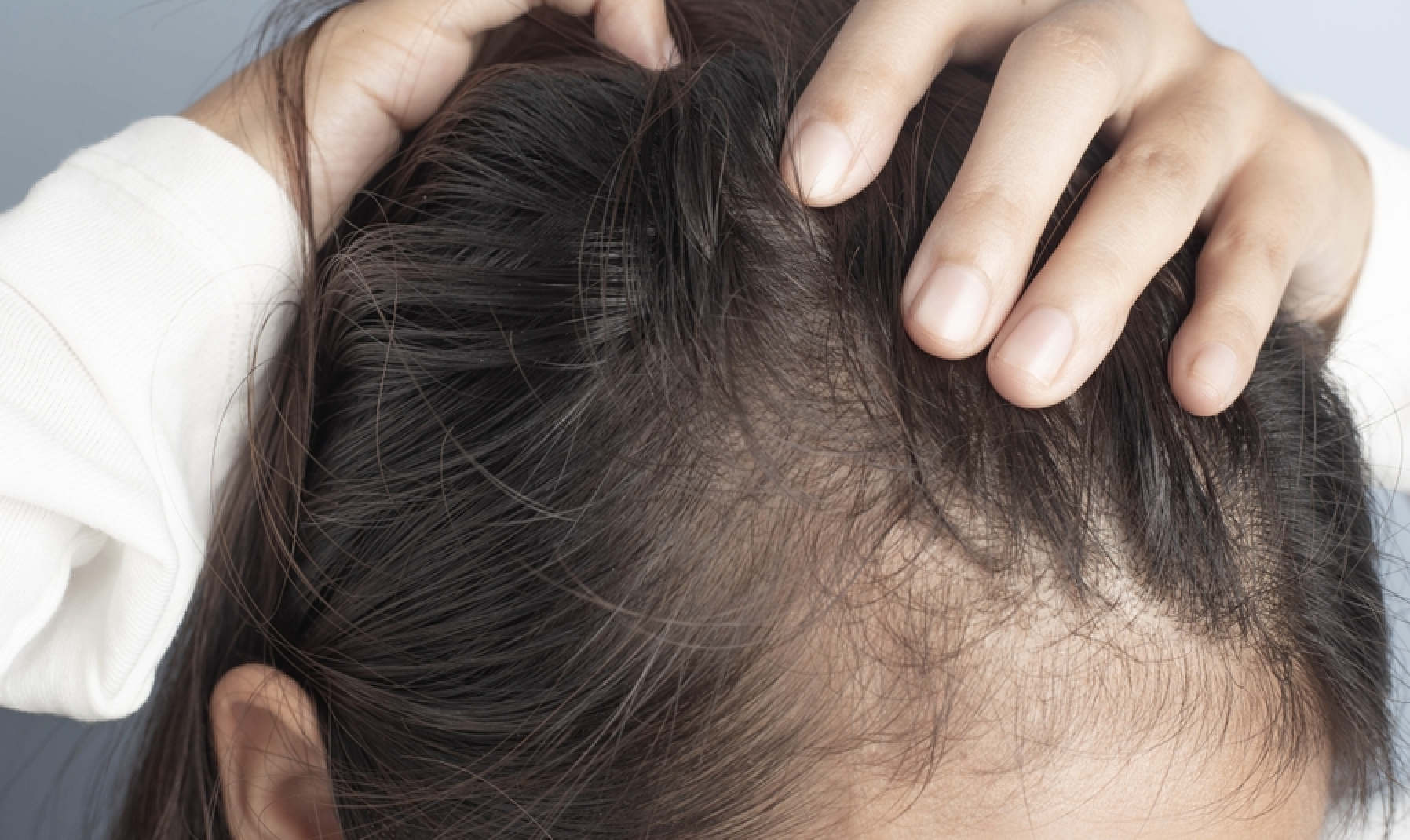
London Dermatology | 27 December 2024 Since 2005, PRP has been utilised in the medical field. PRP was first applied in orthopaedics, sports medicine, and plastic surgery to aid with wound healing. Although…
Read more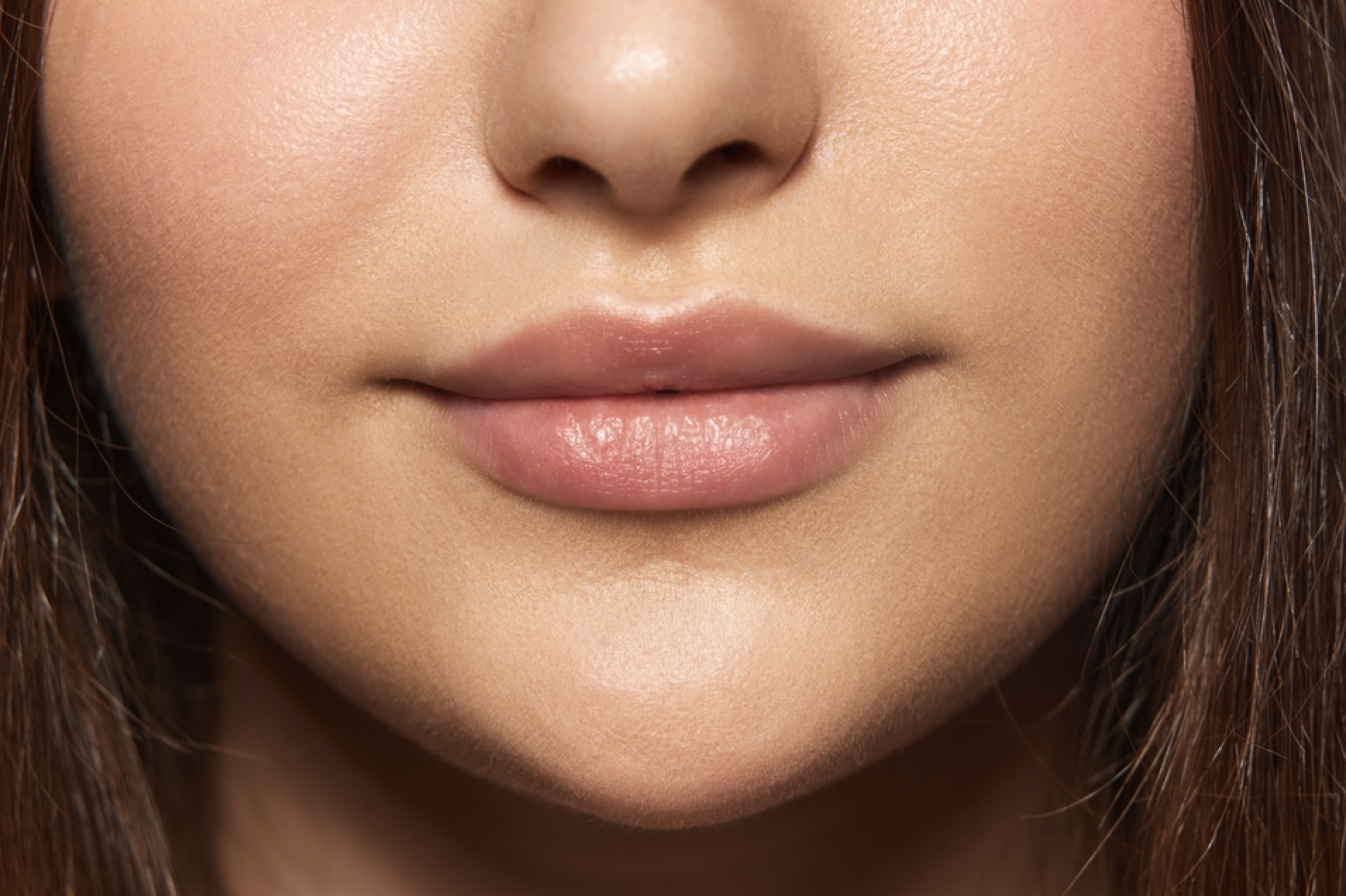
London Dermatology | 24 December 2024 Lip fillers function by injecting a needle or microcannula into the lips to increase their volume and shape. You won’t need to spend the night with your…
Read more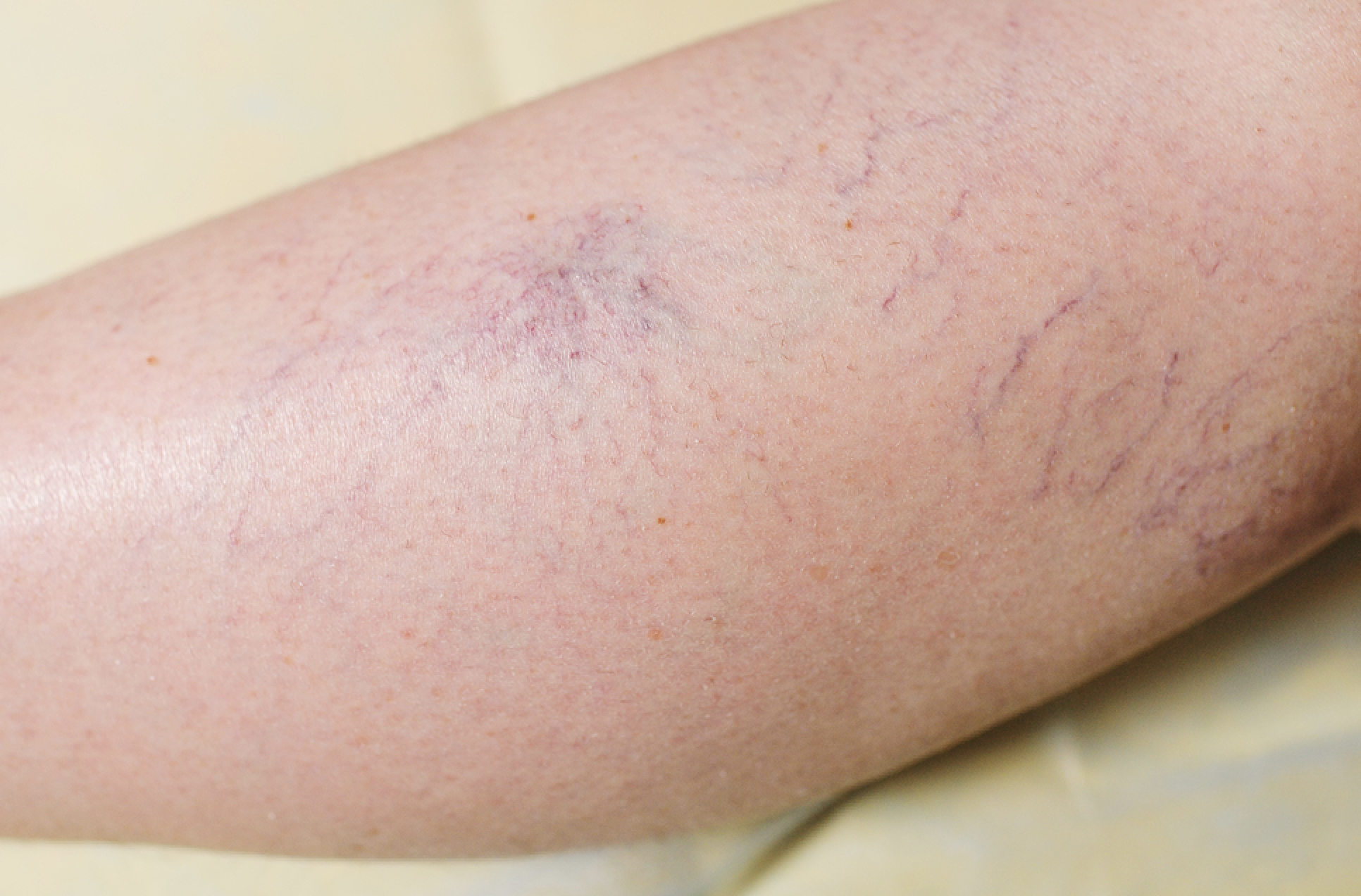
London Dermatology | 21 December 2024 You will understand how annoying broken veins, often called spider veins, may be if you have them. They might appear in all those areas you don’t want…
Read more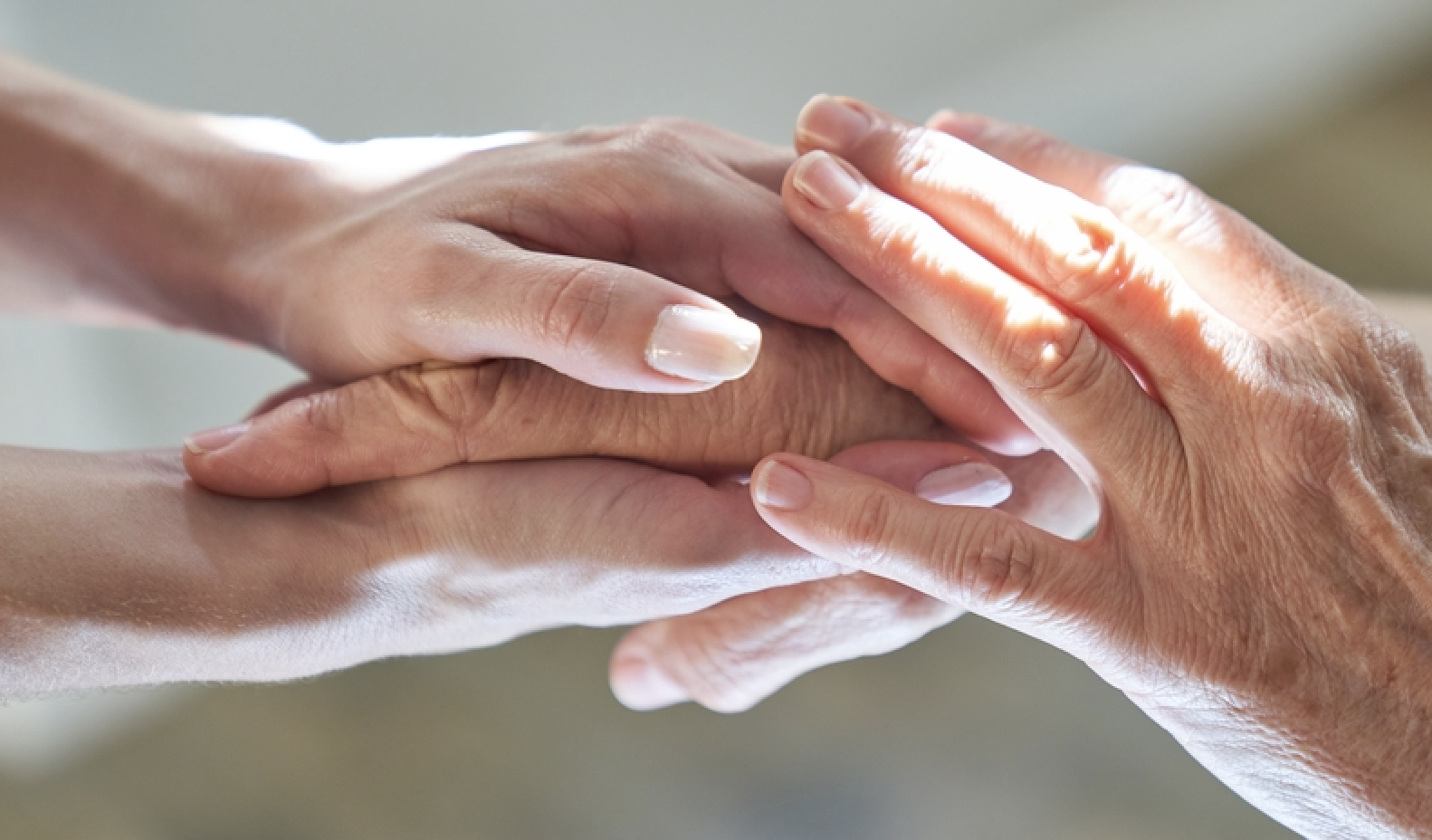
London Dermatology | 18 December 2024 Our hands, which frequently appear to be much older than our faces, can be a true indicator of age. In addition to the demands of cleaning and…
Read more
London Dermatology | 14 December 2024 With so many individuals praising its advantages, lymphatic drainage massages appear to be the newest trend in slimming treatments. Apart from removing surplus fluids and decreasing bloating…
Read more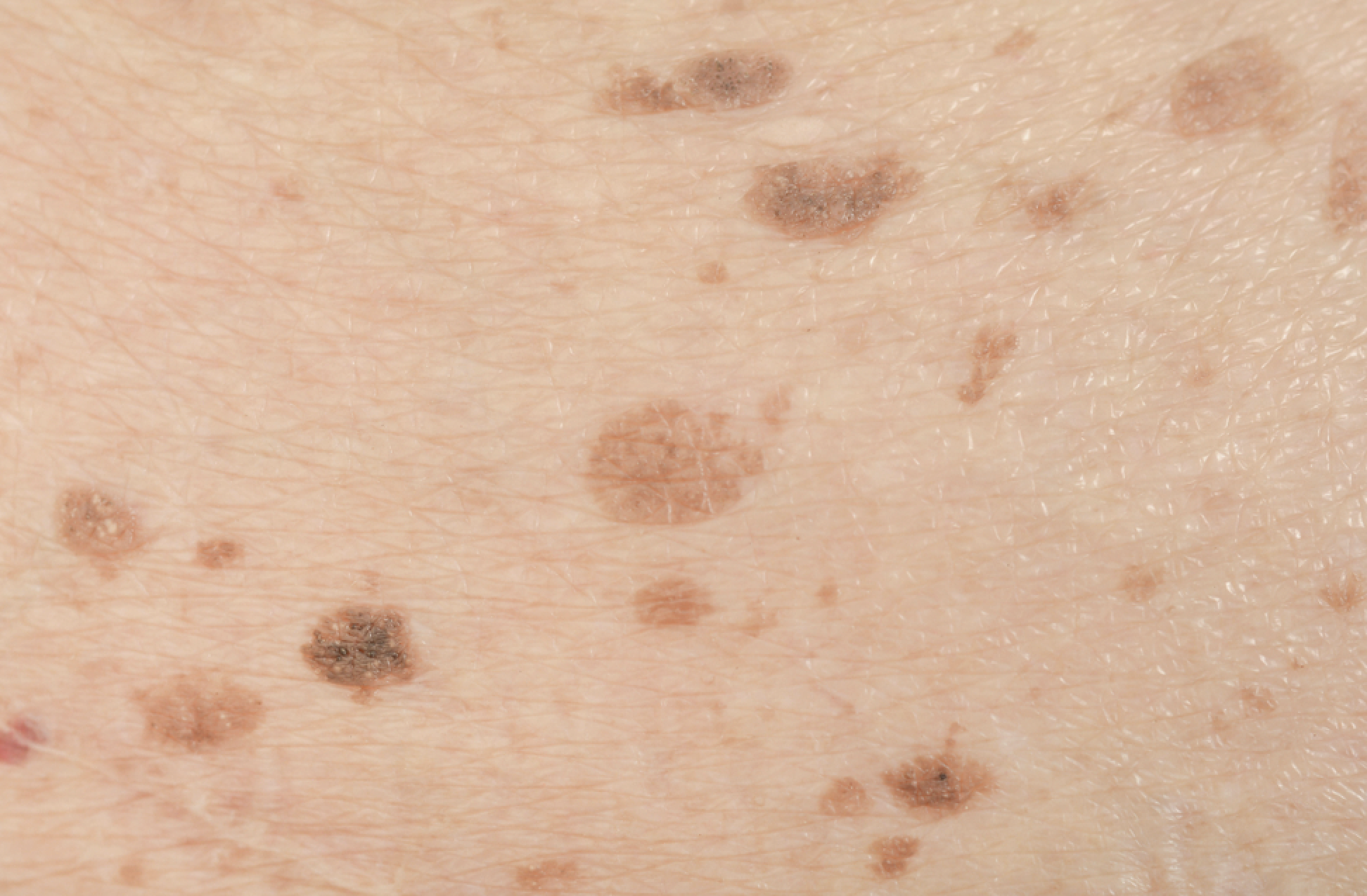
London Dermatology | 11 December 2024 A harmless dark spot on the skin is called solar lentigo. It is brought on by exposure to ultraviolet (UV) light, which stimulates melanocytes to proliferate locally…
Read more
London Dermatology | 9 December 2024 Botox can help prevent and treat migraines. Botulinum toxin A is the complete name. In addition, it is used cosmetically and to treat a variety of ailments…
Read more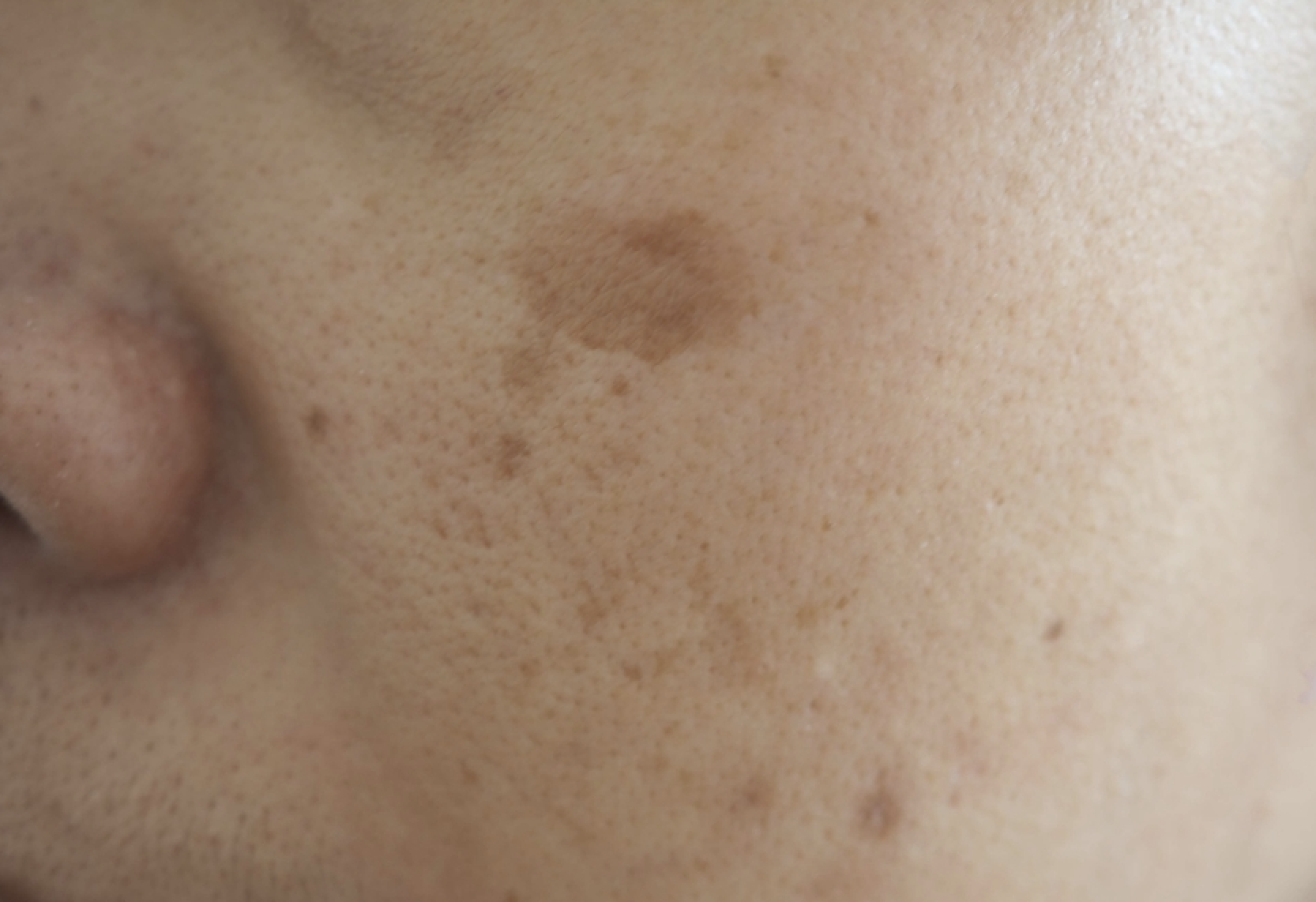
London Dermatology | 4 December 2024 As people age, they frequently develop brown or dark spots on their skin, particularly on their hands and cheeks. The conditions we are discussing here are also…
Read more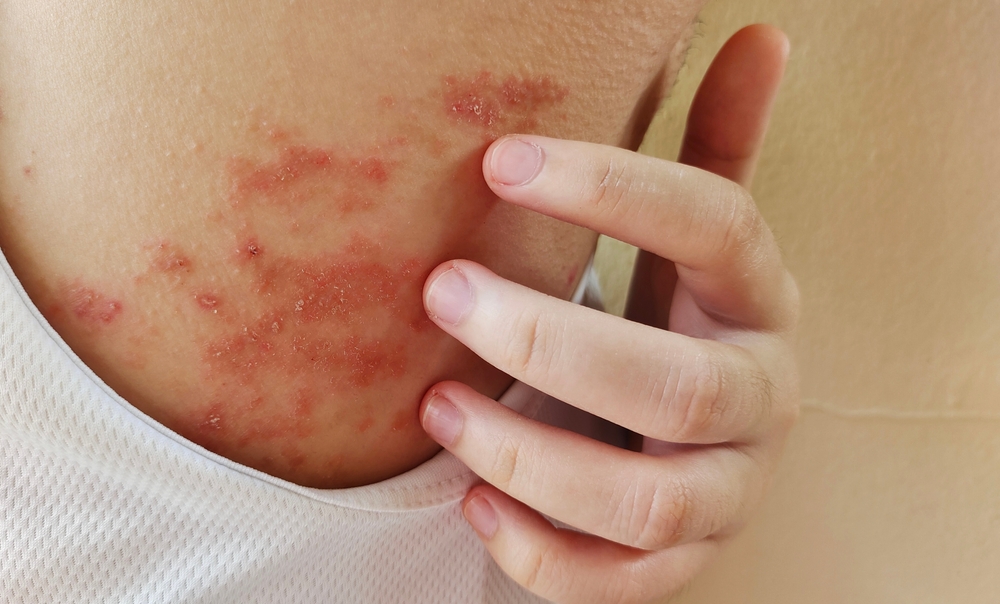
London Dermatology | 1 December 2024 Atopic dermatitis is a persistent skin condition characterised by itchy, scaly rashes. It’s an eczema type. Other forms of eczema include: – Contact dermatitis – Dyshidrotic eczema…
Read more
London Dermatology | 30 November 2024 The Inception of the RSM Section of Aesthetic Medicine and Surgery took place at the Royal Society of Medicine. The new Section was founded by the President…
Read more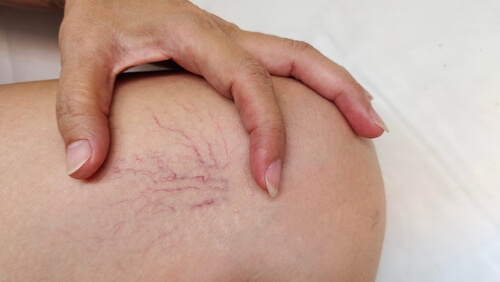
London Dermatology | 27 November 2024 Fifty to fifty-five percent of women and forty to forty-five percent of males have spider veins. In actuality, almost 50% of men and women over 50 suffer…
Read more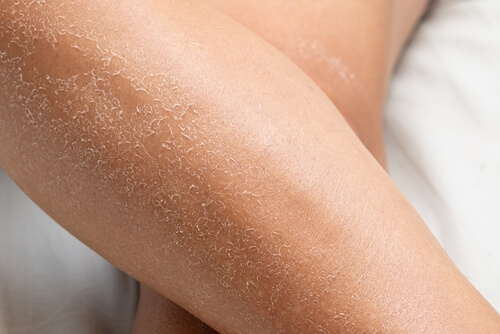
London Dermatology | 25 November 2024 Long winter days evolve into chilly, gloomy evenings due to high winds, little sunshine, and temperatures below freezing. It’s normal to have dry, itchy skin throughout these…
Read more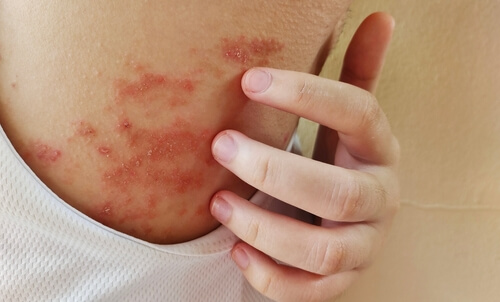
London Dermatology | 21 November 2024 Eczema, also known scientifically as atopic dermatitis, is the cause of a number of skin conditions, ranging from blistering and discolouration to itching and redness. People may…
Read more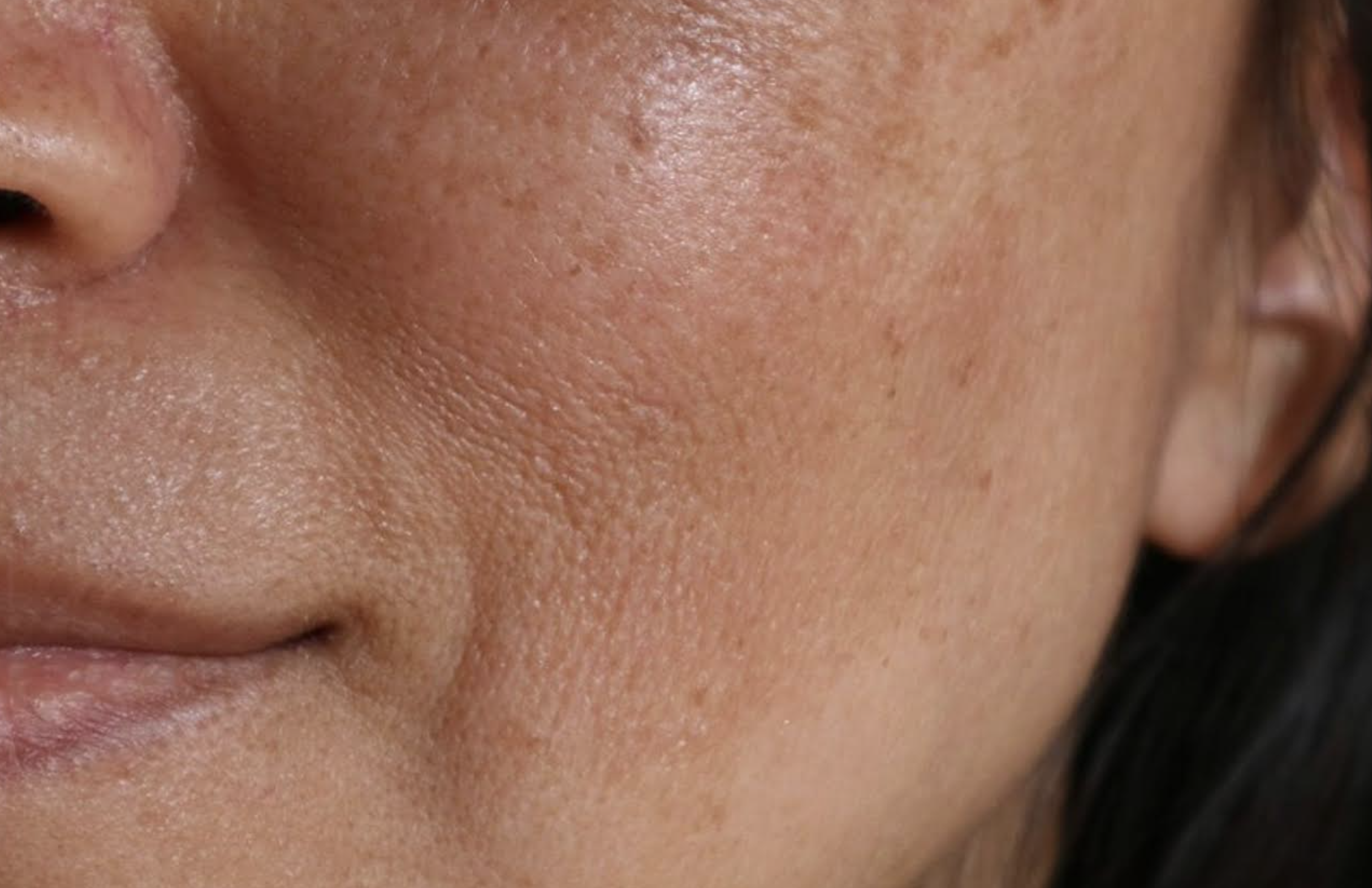
London Dermatology | 18 November 2024 When you look in the mirror, what do you see? Does the way your skin looks upset you? Do you see flaws that are inexplicable and persistent?…
Read more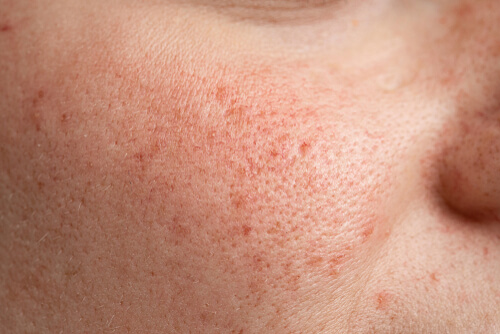
London Dermatology | 14 November 2024 Have you seen that stress causes oiliness, irritation, and breakouts? Your somatic nervous system reacts to stress by telling your adrenal glands to release cortisol and adrenaline….
Read more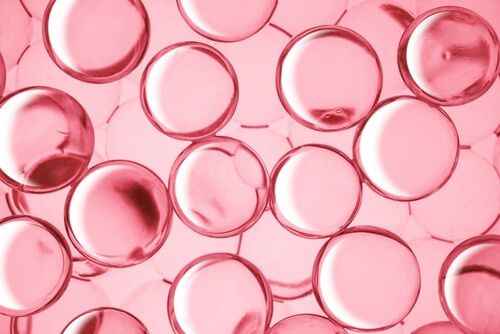
London Dermatology | 11 November 2024 Although it may be seeing a recent spike in popularity on social media, retinol has long been recognised for its amazing ability to restore youth. However, how…
Read more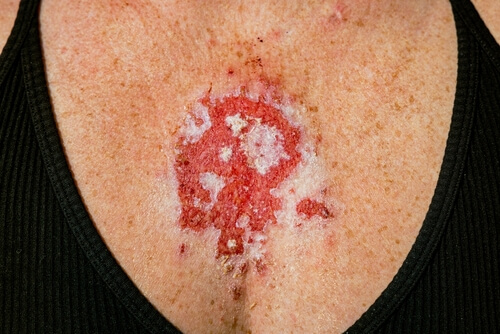
London Dermatology | 9 November 2024 The most prevalent type of cancer is skin cancer. Skin cancer comes in several forms, such as melanoma, squamous cell carcinoma, and basal cell carcinoma. The most…
Read more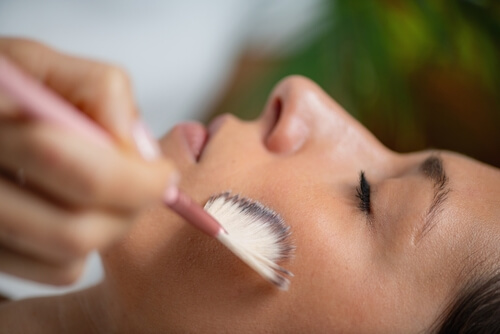
London Dermatology | 4 November 2024 Do you have aspirations of having a complexion that is radiant and smooth? Devonshire Dermatology’s chemical peels are the only option. Being the top dermatologists in London,…
Read more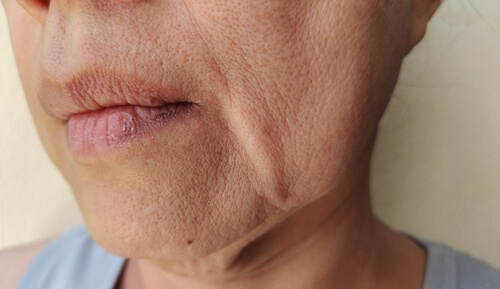
London Dermatology | 1 November 2024 Many individuals are facing an unwanted companion as the winter chill descends on London: dry, itchy skin. Even the most hardy complexions can be severely damaged by…
Read more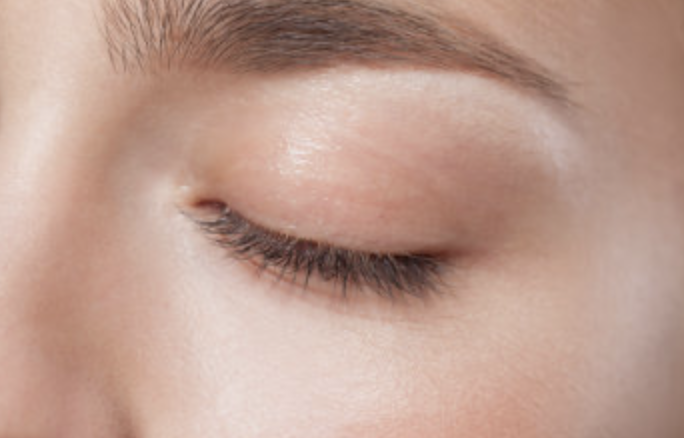
London Dermatology | 31 October 2024 Our eyes are the best indicator of our age. Although the skin in this area is extremely thin, lifted eyelids are one of the eye traits most…
Read more
London Dermatology | 27 October 2024 Are you sick of having less hair on your head and more in your brush? Perhaps you’ve tried finasteride before but are still losing weight? Although experiencing…
Read more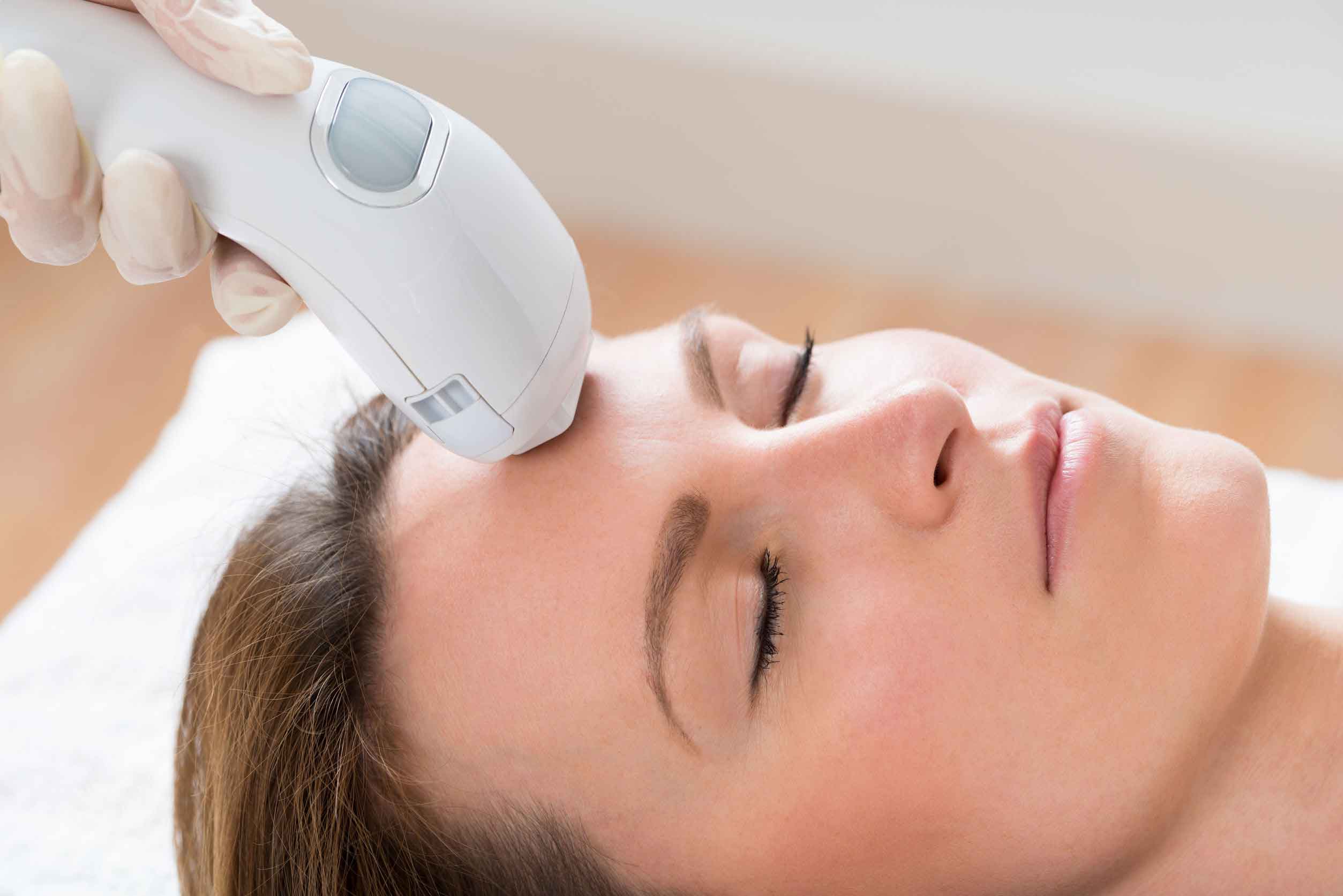
London Dermatology | 25 October 2024 Heat and a wide spectrum of light are used in Intense Pulsed Light (IPL) to enhance the elasticity, tone, and texture of the skin. IPL has the…
Read more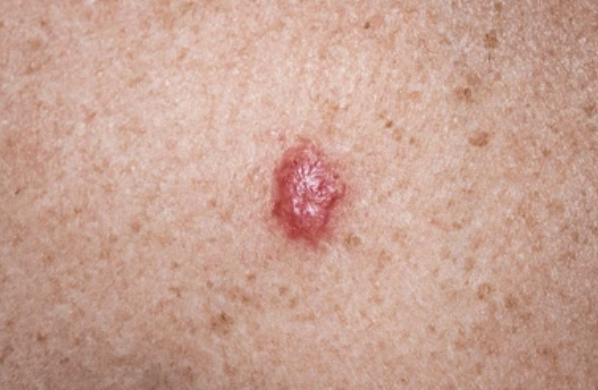
London Dermatology | 21 October 2024 Mutations that arise in your skin’s DNA are the cause of skin cancer. The most common cause of skin cancer is exposure to the sun’s UV radiation….
Read more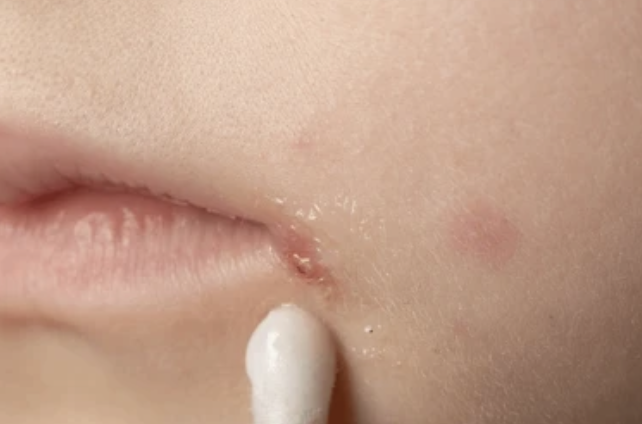
London Dermatology | 18 October 2024 Infants and young children are most affected by impetigo, a common and extremely infectious skin condition. Usually, it manifests as reddish sores on the face, particularly on…
Read more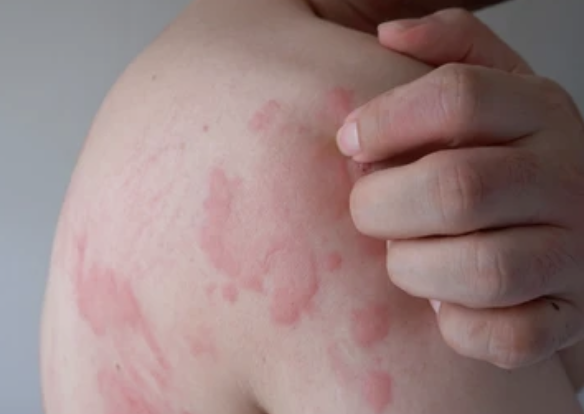
London Dermatology | 14 October 2024 Your body’s first line of defence against bacteria and other pathogens that might cause illness is your immune system. When a material, such as pollen or peanuts,…
Read more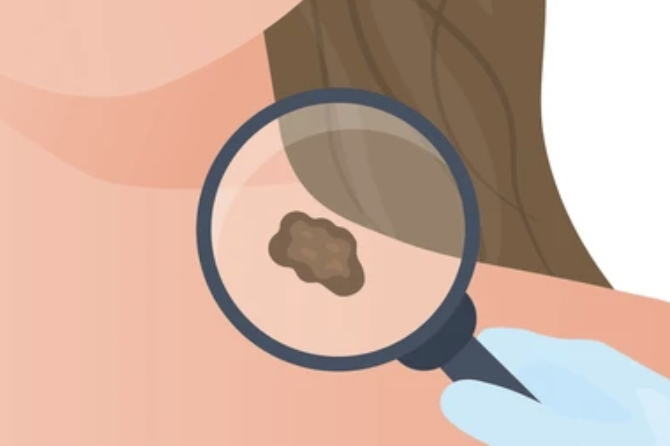
London Dermatology | 11 October 2024 Numerous factors influence your chance of getting melanoma. This covers some medical issues as well as lifestyle variables. In the United Kingdom, about 85 out of 100…
Read more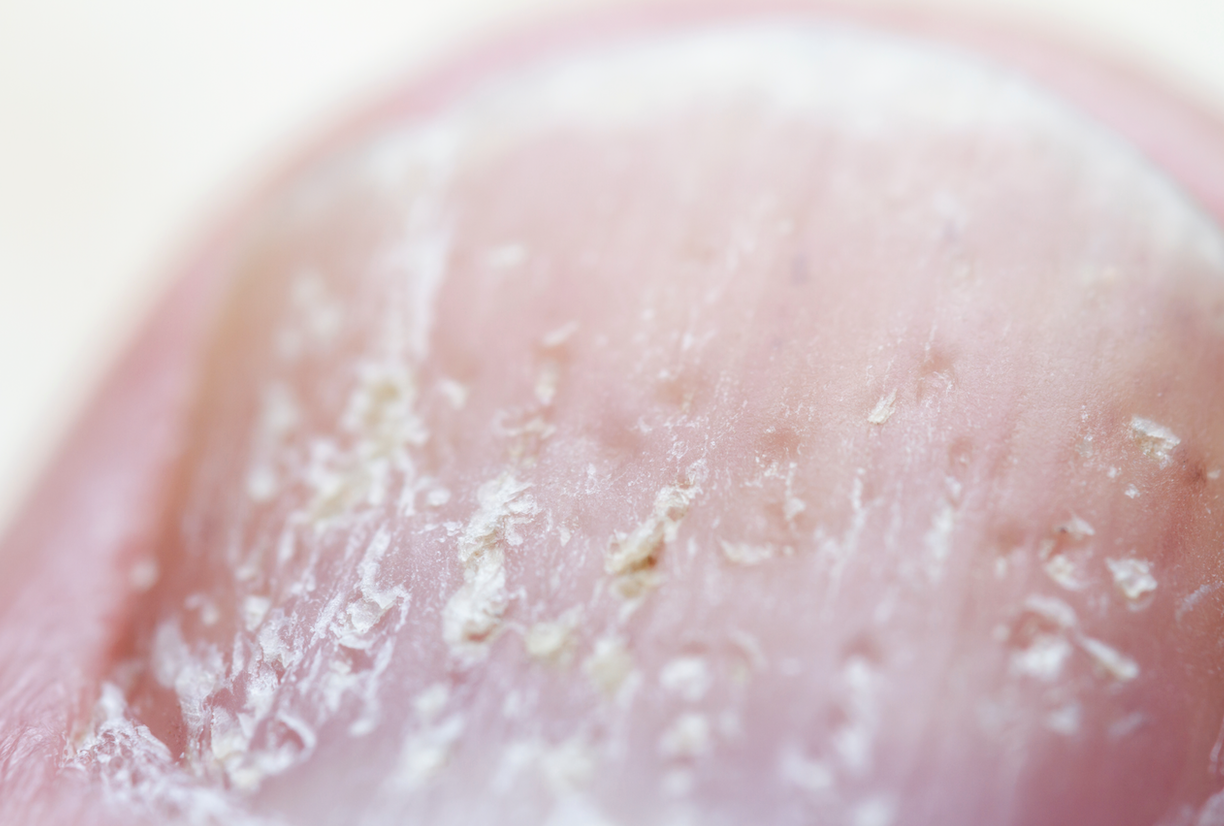
London Dermatology | 9 October 2024 Fingernails and toenails affected by nail psoriasis can change in appearance from discolouration to modifications in the nail bed. Injections of corticosteroids and hydrocortisone cream are only…
Read more
London Dermatology | 4 October 2024 People get atopic dermatitis (also called eczema) on different parts of their body. Children commonly get it on their cheeks, neck, hands, inner arms, behind the knees,…
Read more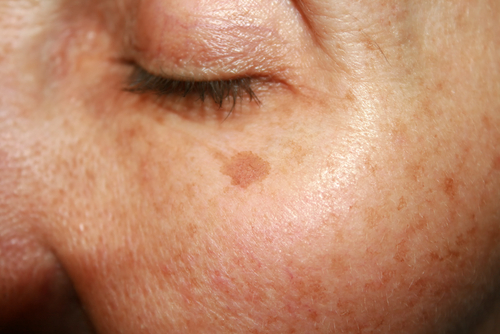
London Dermatology | 1 October 2024 A common skin issue called hyperpigmentation causes certain parts of the skin to look darker than others. This happens when particular portions of the skin produce an…
Read more
London Dermatology | 30 September 2024 Dr Christopher Rowland Payne is delighted to be speaking at CCR at the ExCeL, London 10 & 11 October 2024. This year’s event is set to be…
Read more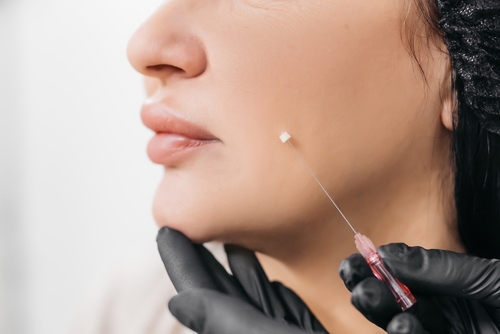
London Dermatology | 27 September 2024 A number of small needles and threads are introduced into the skin during a thread lifting procedure to stimulate your body’s natural synthesis of collagen. Thread lifting,…
Read more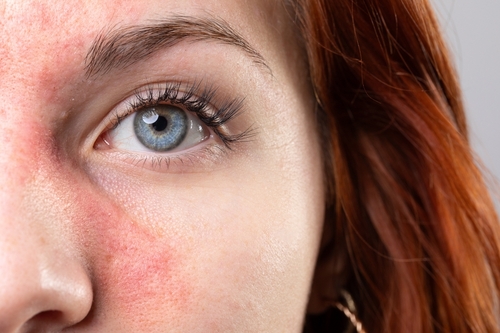
London Dermatology | 23 September 2024 Rosacea is a prevalent skin disorder that has the potential to impact the eyes. It’s critical to treat rosacea if it appears in the eyes. If not,…
Read more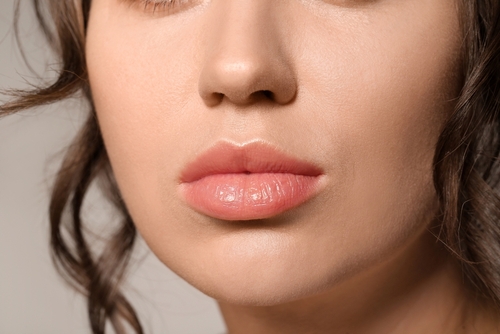
London Dermatology | 20 September 2024 Lip fillers are a very useful tool for giving thin lips structure, contour, and volume addition or restoration. Some people’s lips are just naturally thin from birth,…
Read more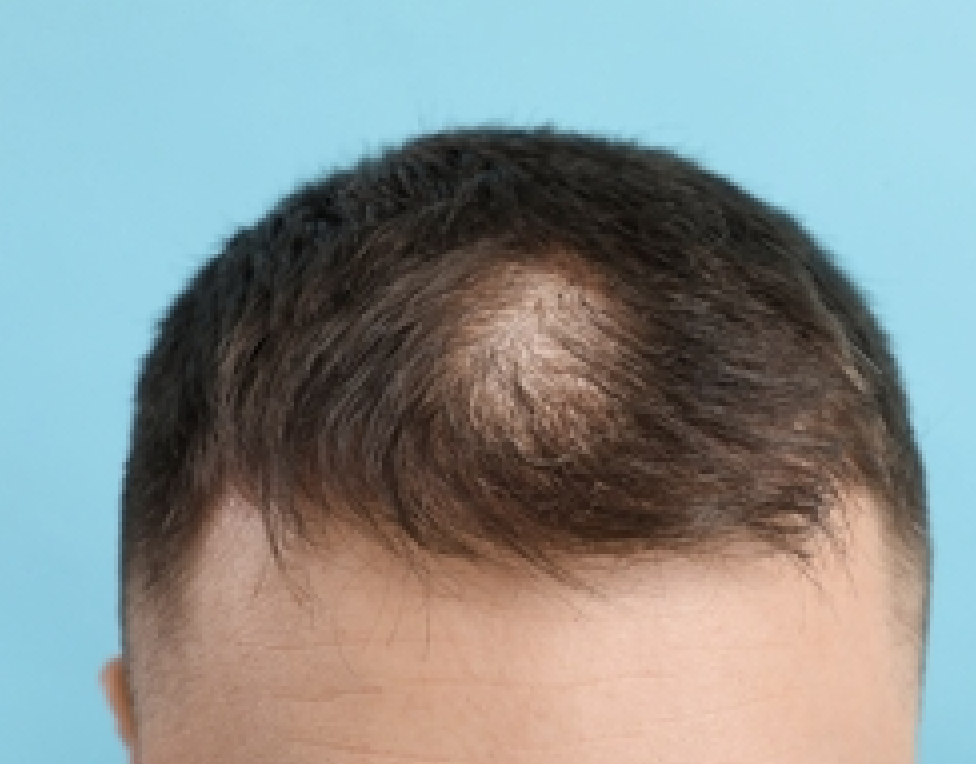
London Dermatology | 18 September 2024 PRP in conjunction with mesotherapy is a potent non-surgical treatment for hair loss that increases blood flow to the scalp in order to promote cell division and…
Read more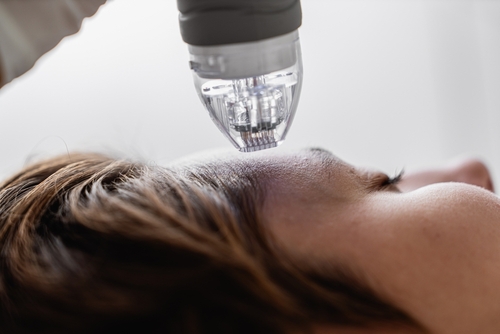
London Dermatology | 15 September 2024 Using rows of small needles, traditional microneedling involves putting them on the skin. The tiny incisions cause regulated micro-injuries, which in turn cause an inflammatory response. Before…
Read more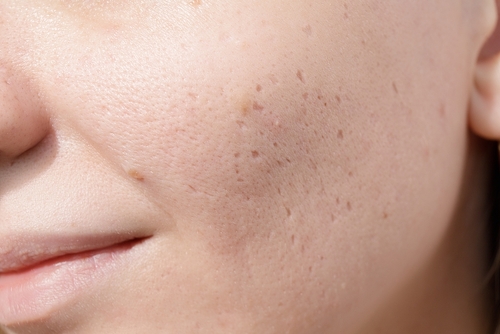
London Dermatology | 11 September 2024 Acne complications can occasionally lead to the development of acne scars. Scarring can result from any kind of acne spot, but it is more frequent when the…
Read more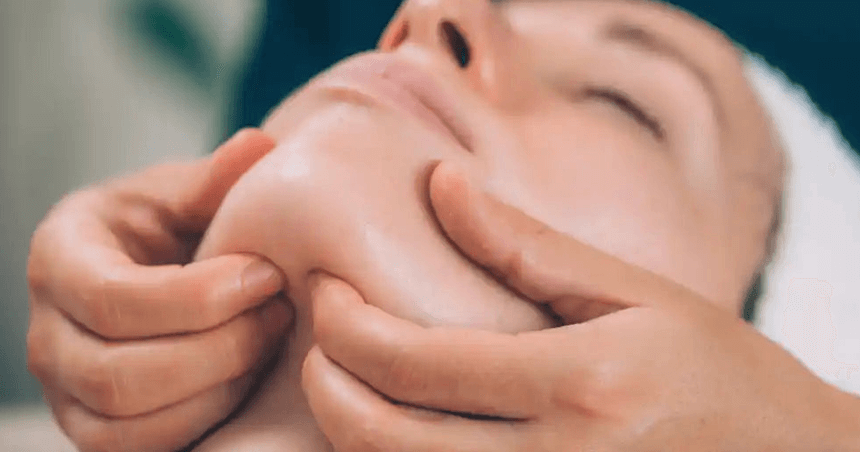
London Dermatology | 8 September 2024 Lymphatic drainage has become a popular form of massage due to its potential health benefits. This type of massage is very mild and targets the immune system’s…
Read more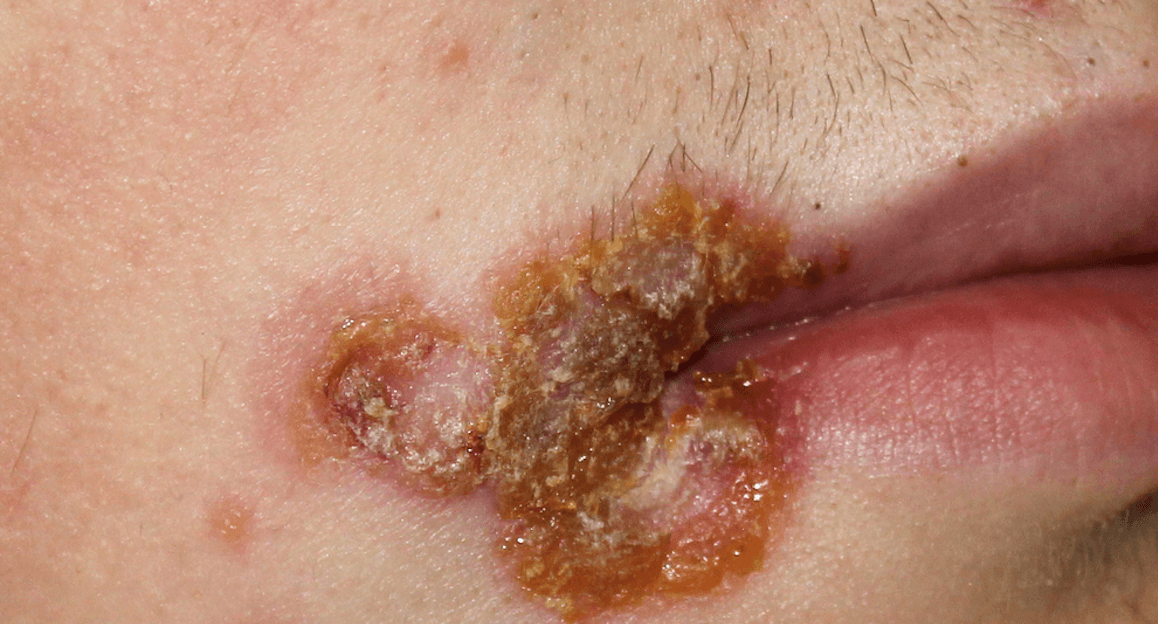
London Dermatology | 3 September 2024 Usually affecting the face, impetigo is a highly contagious bacterial skin infection that predominantly affects youngsters but can sometimes strike adults. There are two main types of…
Read more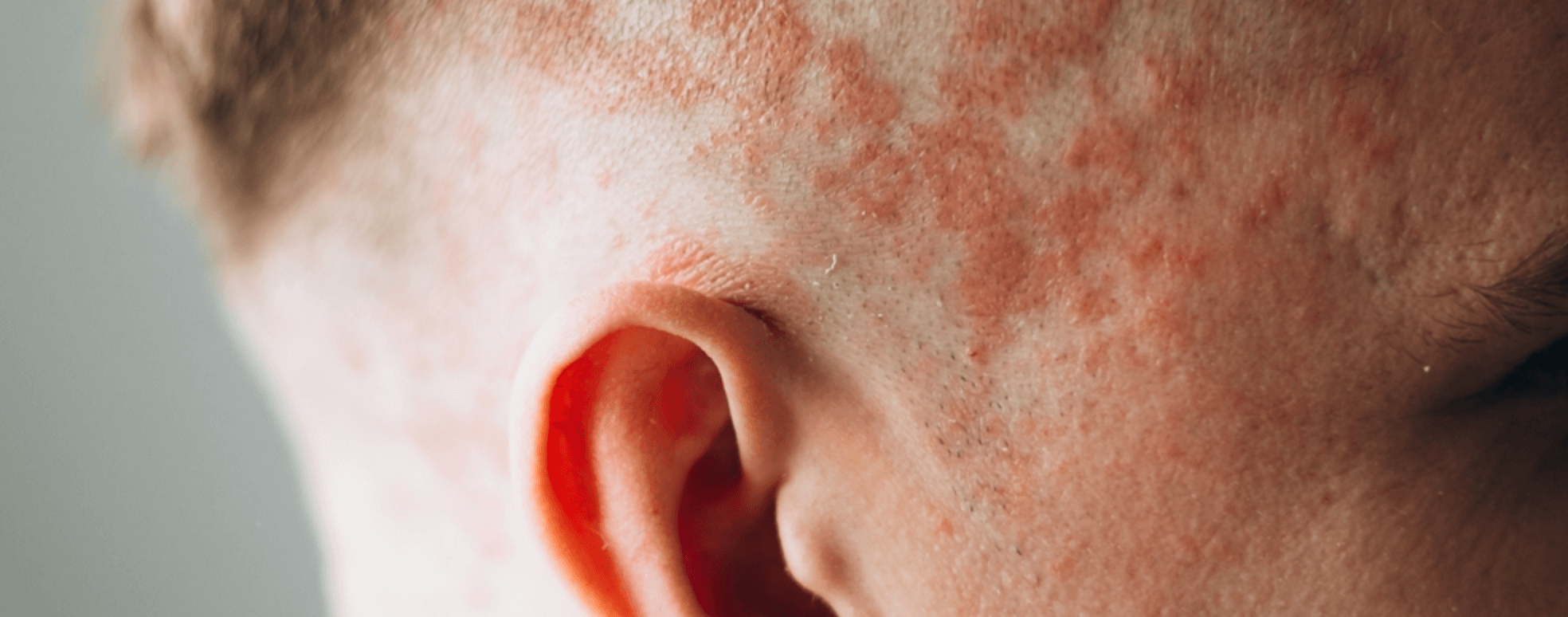
London Dermatology | 1 September 2024 Chronic inflammatory, itchy skin disease known as atopic eczema usually first manifests in early childhood and can run in families. It might not go away or it…
Read more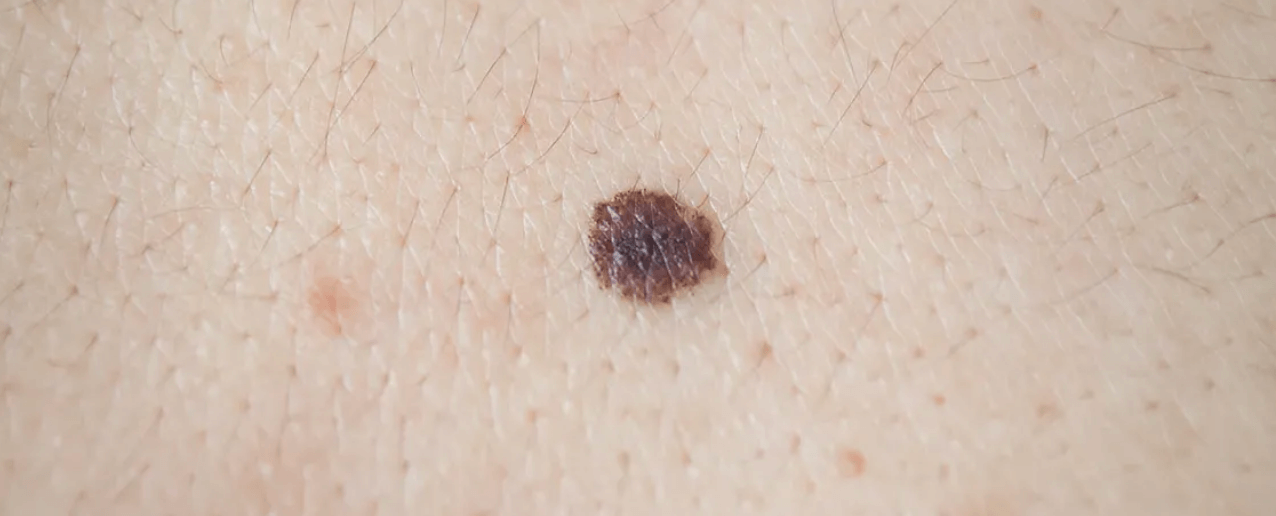
London Dermatology | 31 August 2024 Melanoma (skin cancer) is the 5th most common cancer in the UK. 16,700 people are diagnosed with melanoma each year. Melanoma can happen at any age but…
Read more
London Dermatology | 28 August 2024 The term “scleroderma” refers to a group of autoimmune diseases that can cause hard, thicker patches of skin as well as occasionally issues with blood vessels, internal…
Read more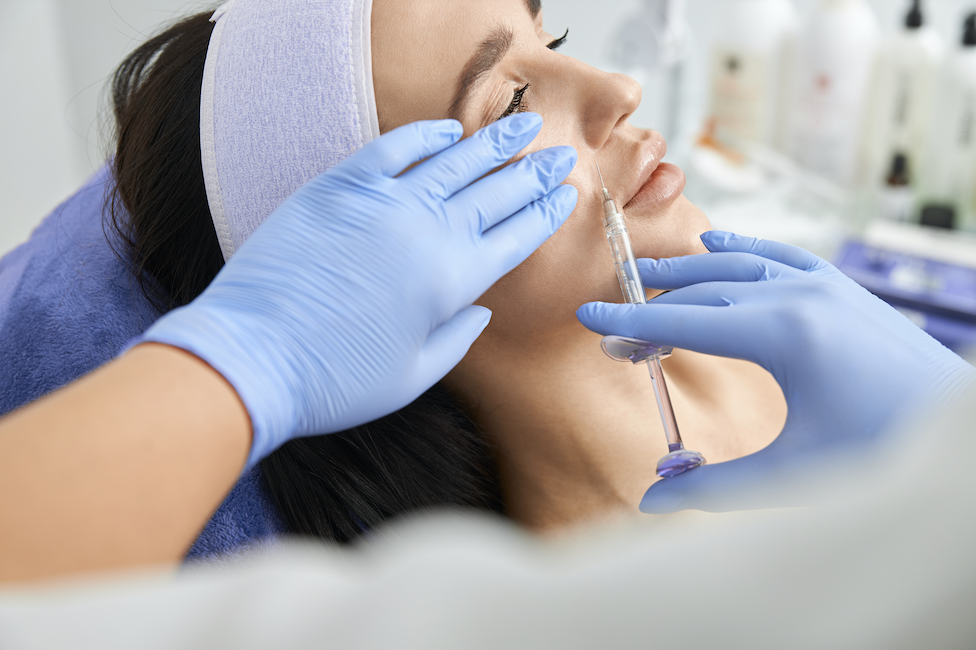
London Dermatology | 22 August 2024 The RSM says that bringing experts together can keep patients from harm in a commercialised field where evidence is sometimes lacking. The Royal Society of…
Read more
RSM Aesthetics Congress | 19 August 2024 Dr. Anna Kantser is a UK-qualified physician practicing as an NHS General Practitioner in London and an aesthetics practitioner. She has specialist training in…
Read more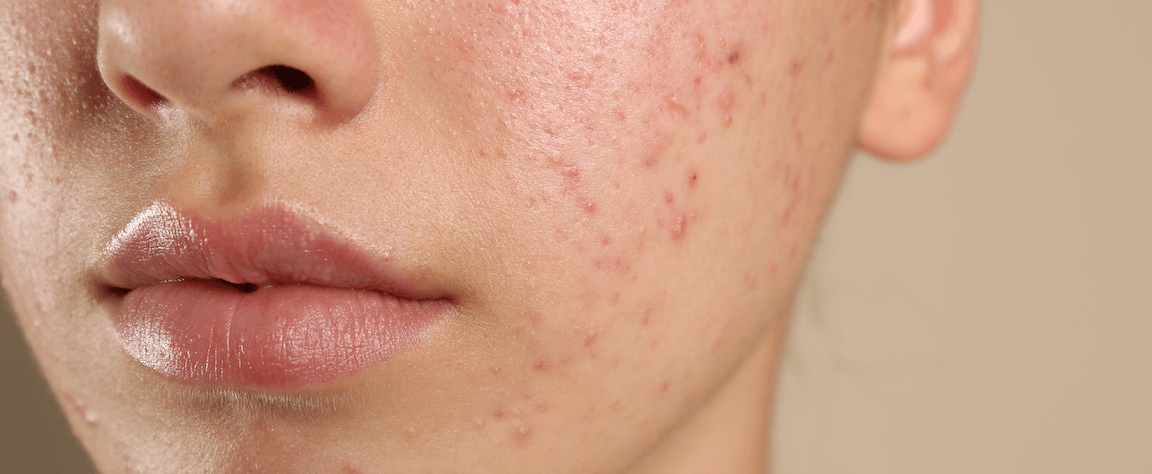
London Dermatology | 15 August 2024 The face and cape skin are richly supplied with natural oil. This natural oil helps to protect the skin from dust, sun, infection and ageing. The oil…
Read more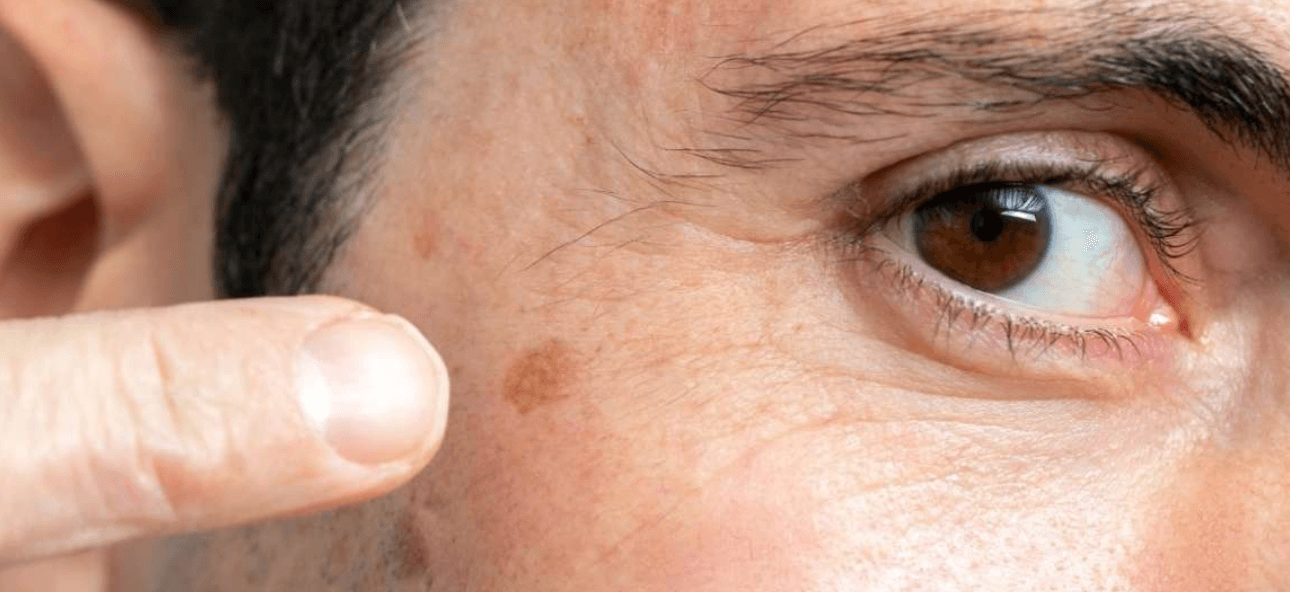
London Dermatology | 12 August 2024 Your skin’s over synthesis of melanin is what causes brown patches. The pigment called melanin is responsible for the colour of your skin, hair, and eyes. Melanocytes…
Read more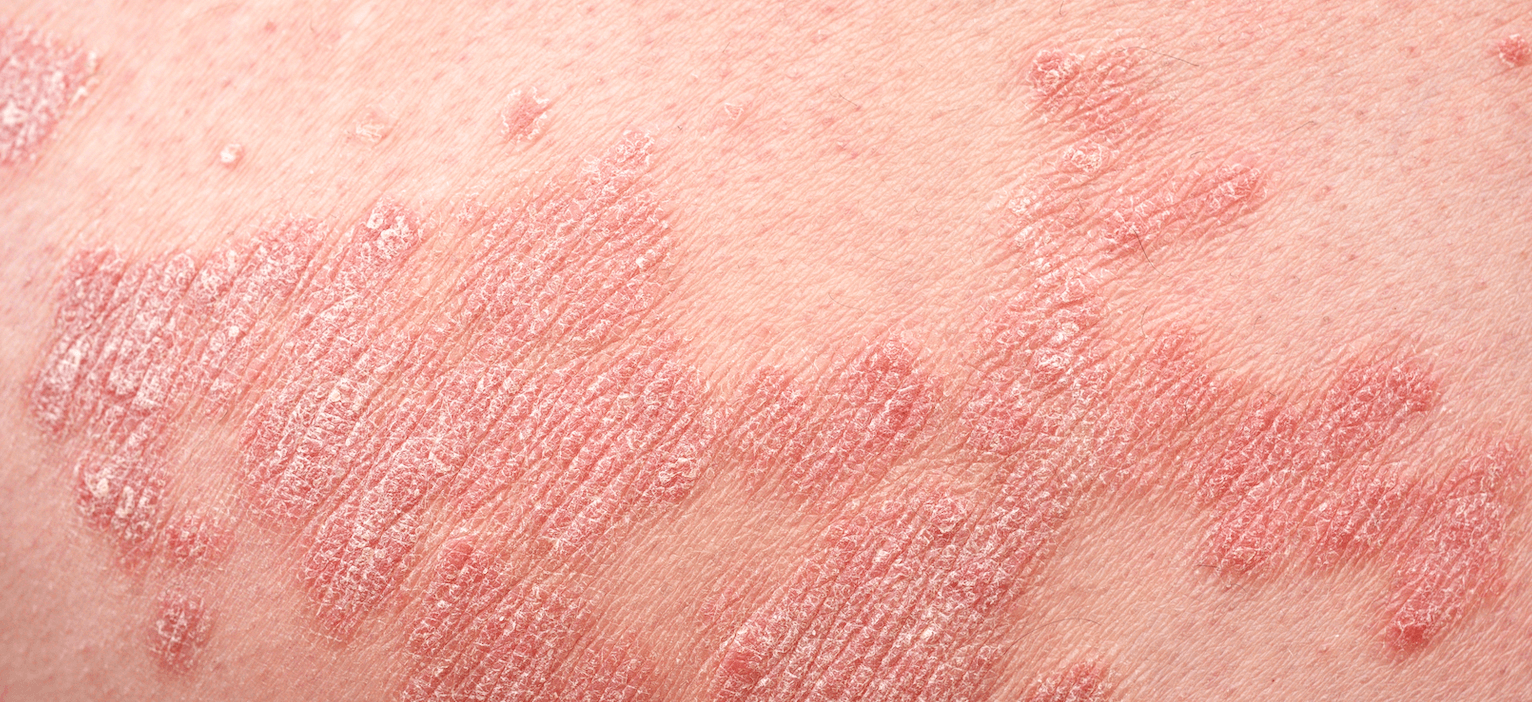
London Dermatology | 10 August 2024 Psoriasis is an inflammation of the skin which is neither infectious nor scarring nor cancerous. Susceptibility to psoriasis is inherited. Psoriasis is coinherited with certain advantages, including…
Read more
London Dermatology | 6 August 2024 In recent years, lip fillers have gained popularity as a cosmetic surgery. Because of their many advantages, lip fillers are a good option for anyone who wants…
Read more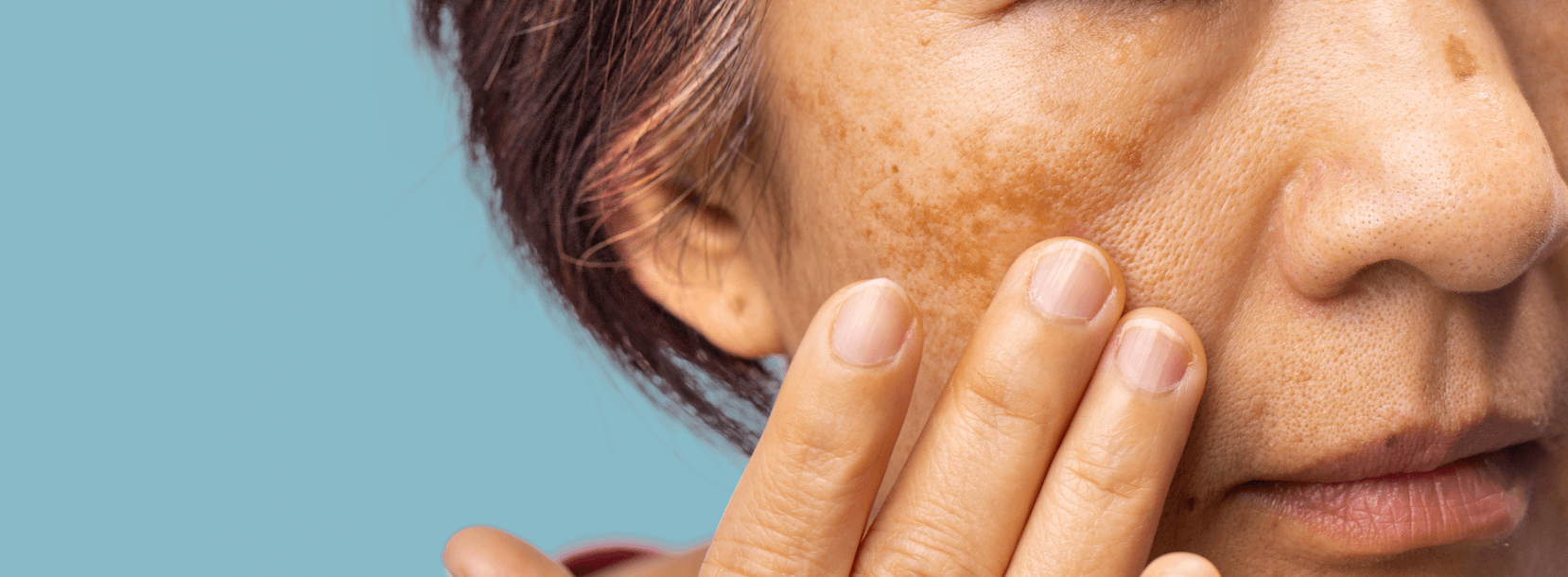
London Dermatology | 3 August 2024 Melasma (also known as chloasma) is a smudgy pigmentation which characteristically affects the face of young adults. Melasma is different from tanning even though both are caused…
Read more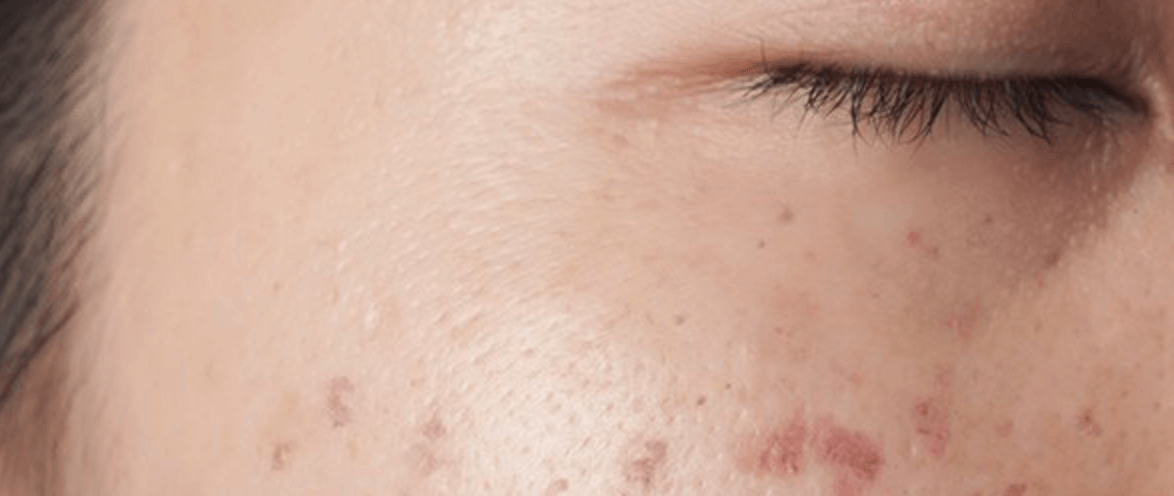
London Dermatology | 1 August 2024 Tannability and burnability are two characteristics that are separately inherited. lannability from one ancestor may seduce and tempt you to tan but, if you have also inherited…
Read more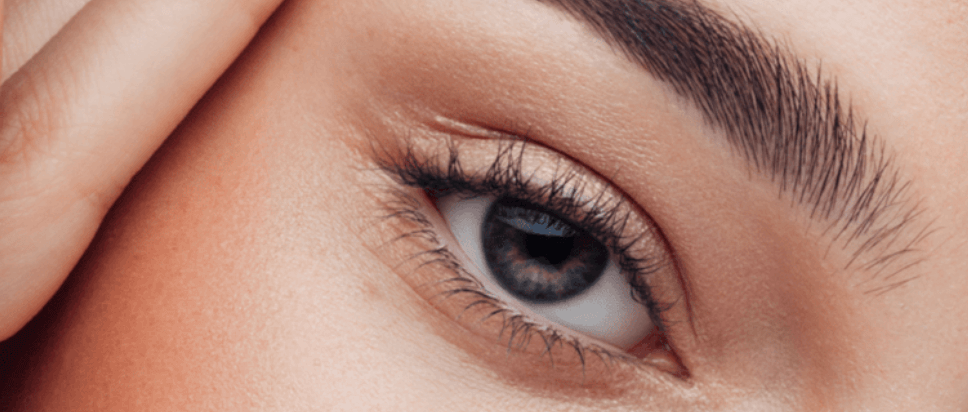
London Dermatology | 30 July 2024 As time passes, the sensitive skin surrounding our eyes ages and becomes wrinkled. Eyelid drooping, wrinkles, fine lines, and bags under the eyes can give us a…
Read more
London Dermatology | 24 July 2024 There are two major concerns regarding tooth grinding that you need to be aware of. First of all, over time, it may seriously harm your teeth. In…
Read more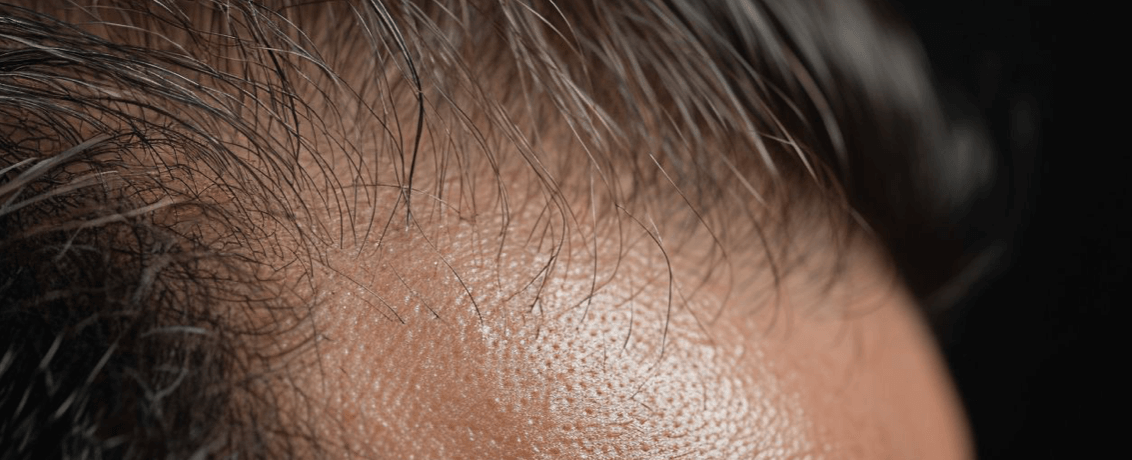
London Dermatology | 20 July 2024 Males with androgenic alopecia, or male pattern hair loss, may be prescribed the drug dutasteride. By lowering the amount of the hormone dihydrotestosterone (DHT), which is essential…
Read more
London Dermatology | 15 July 2024 The Royal Society of Medicine (RSM) has created its first new section in 35 years, formally recognising aesthetics as a medical specialty. The society explains that the…
Read more
London Dermatology | 12 July 2024 The Royal Society of Medicine (RSM) has created its first new section in 35 years, formally recognising aesthetics as a medical specialty. The society explains that the…
Read more
London Dermatology | 10 July 2024 Hair, nails and the rest of the skin grow at a certain rate. This is your natural repair rate. Your sun accumulation rate depends on the strength…
Read more
London Dermatology | 8 July 2024 Details of the speaker lineup at the inaugural Royal Society of Medicine (RSM) Aesthetics Congress event have been announced. The conference will bring together a faculty of…
Read more
London Dermatology | 4 July 2024 Now that summer has arrived, it’s important to start considering skin protection measures! This season brings with it higher temperatures, longer days under the sun, and increased…
Read more
London Dermatology | 3 July 2024 Date: 6-7 September 2024 Location: Day 1. Royal Society of Medicine (1 Wimpole street) Day 2. Devonshire dermatology (27 Devonshire place) Event information: This Special Founders’ Congress celebrates a…
Read more
London Dermatology | 1 July 2024 Vitamin D is essential for good health, especially for healthy bones. Inadequate amounts of vitamin D are also associated with an increased prevalence of diabetes (types 1…
Read more